
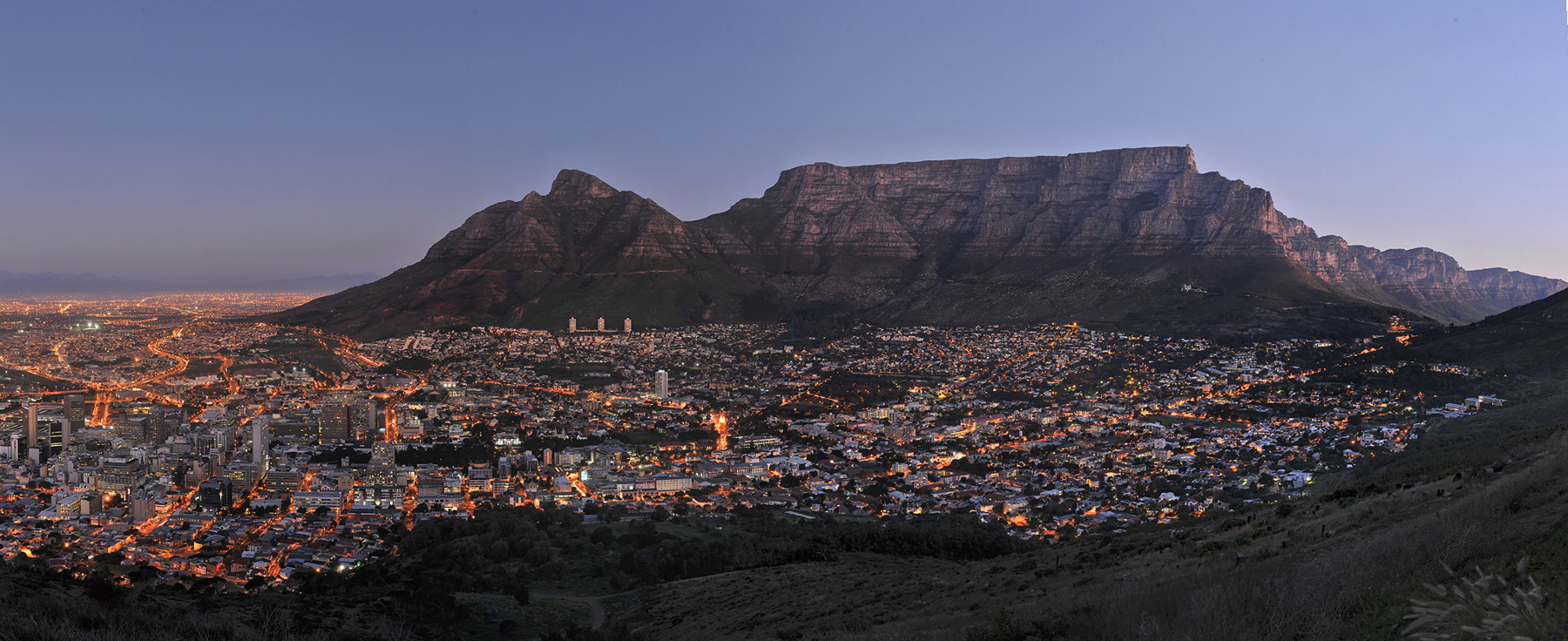
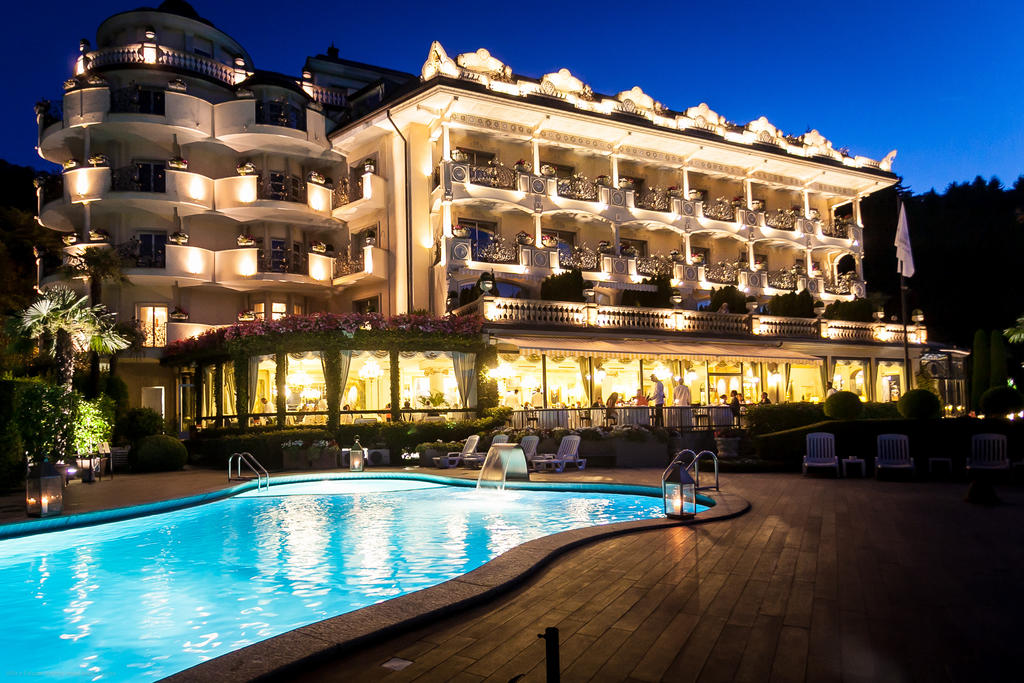
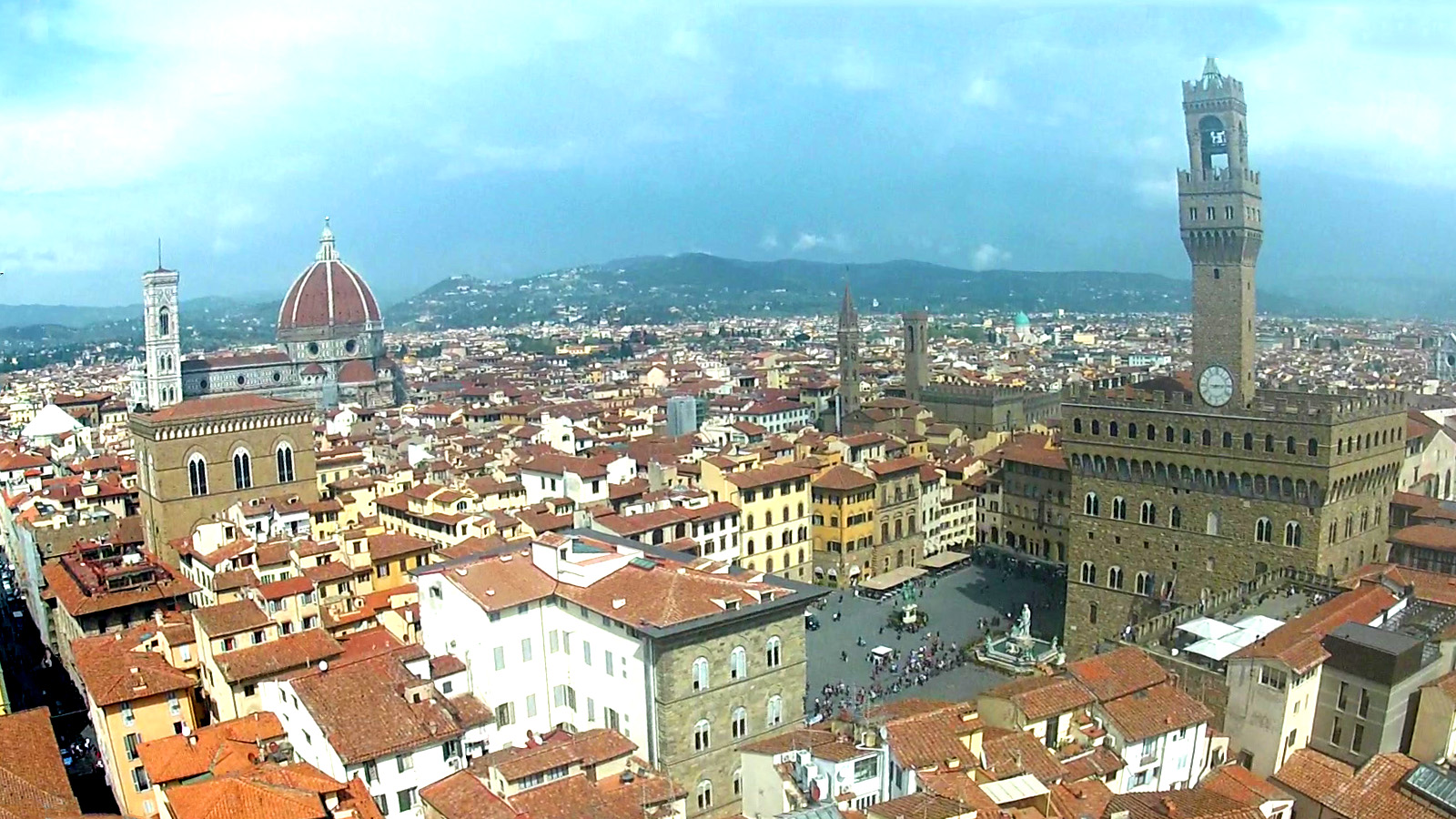

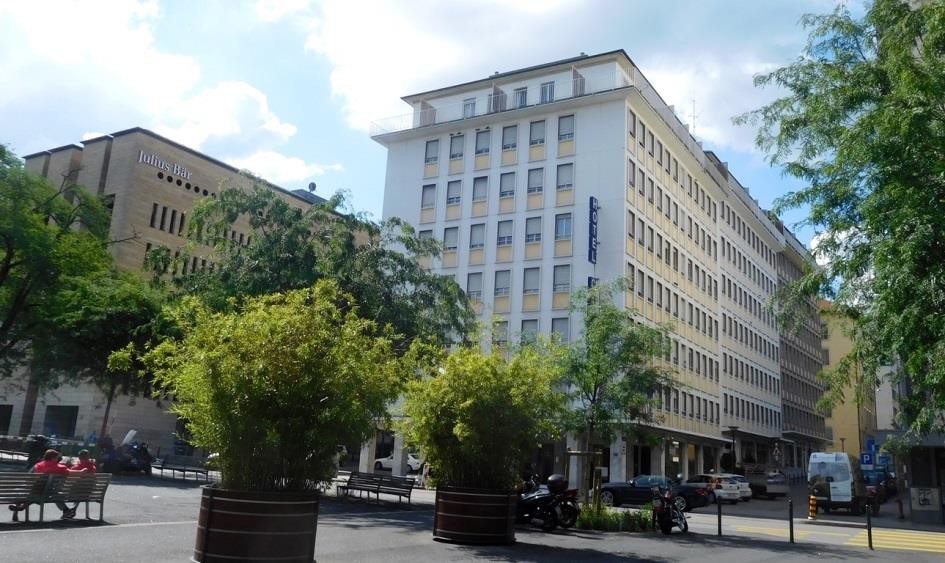
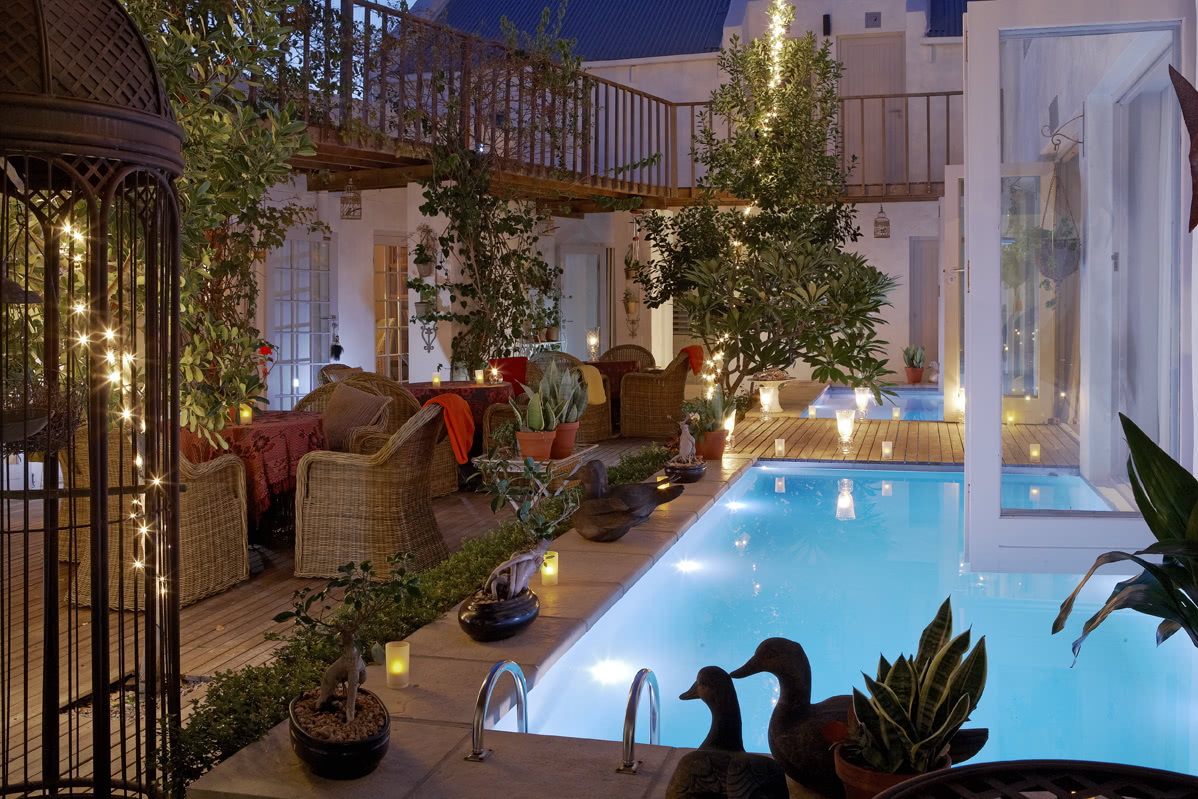
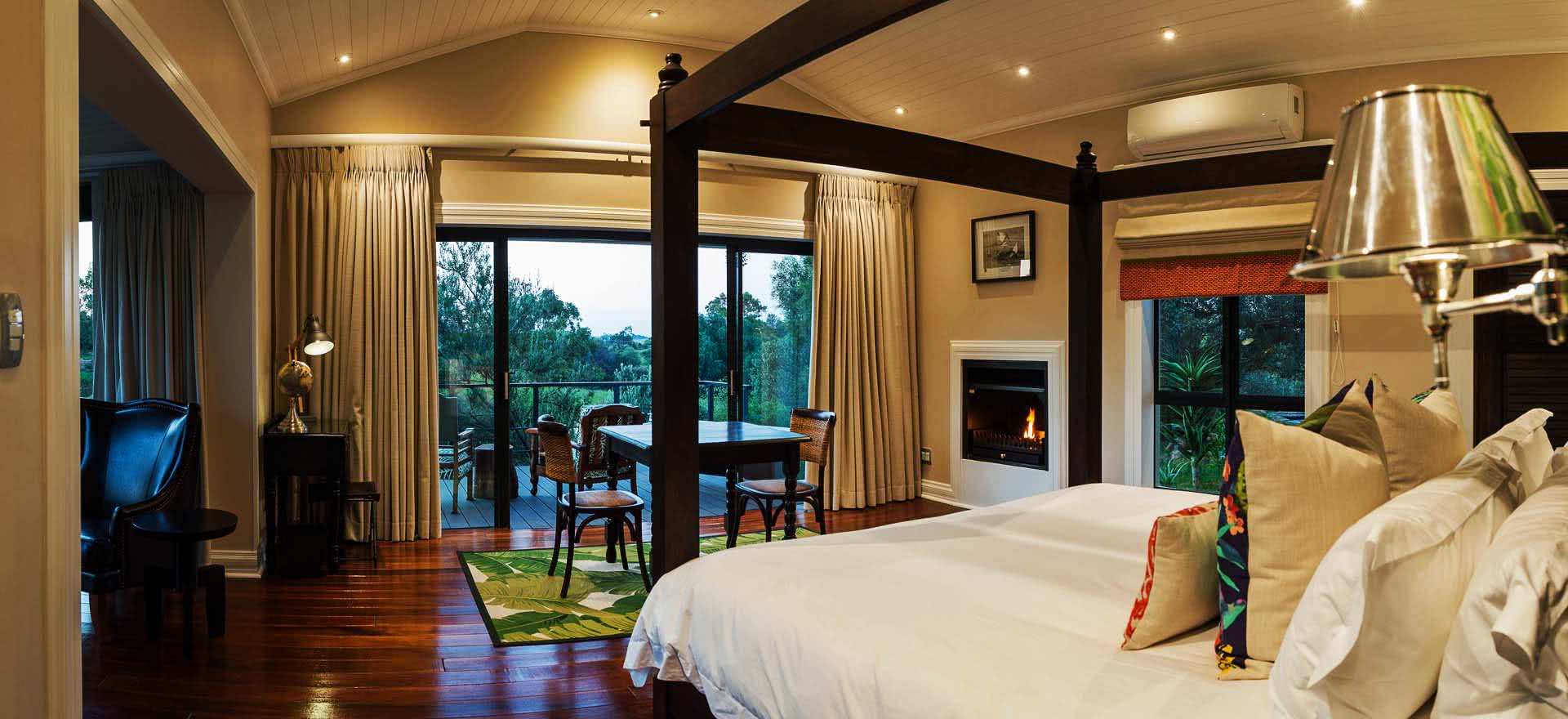
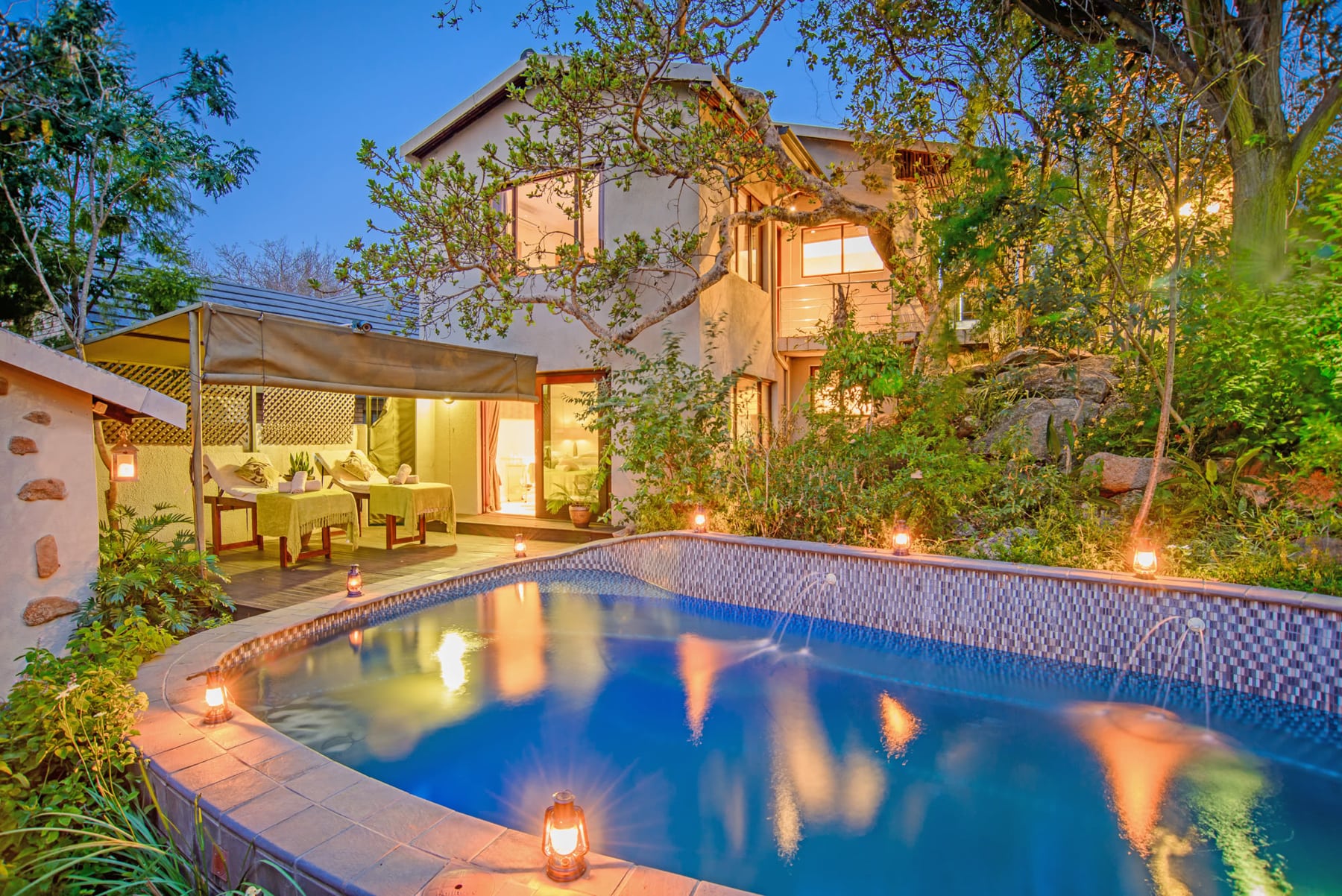

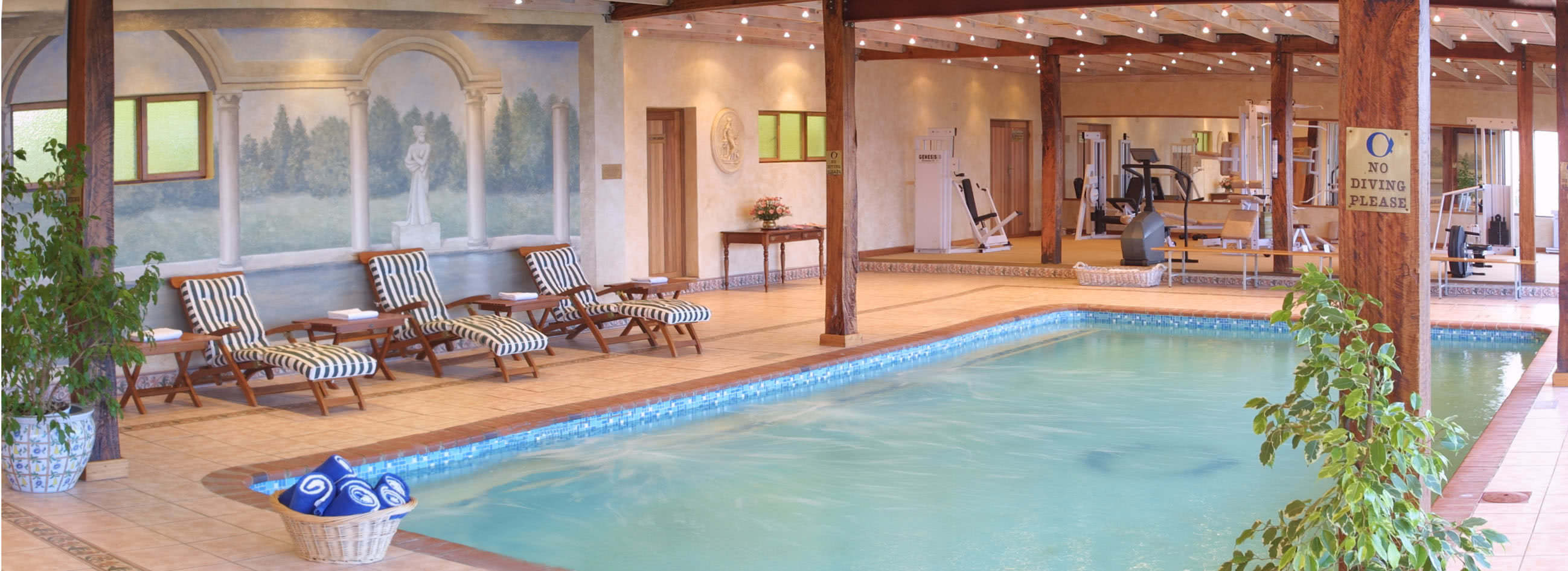
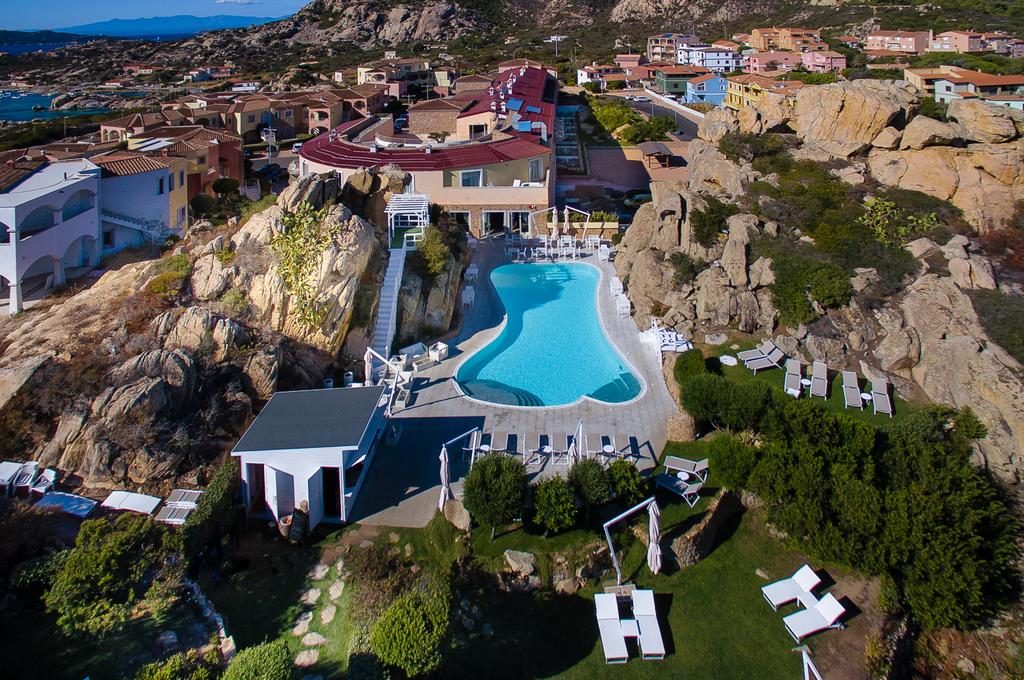
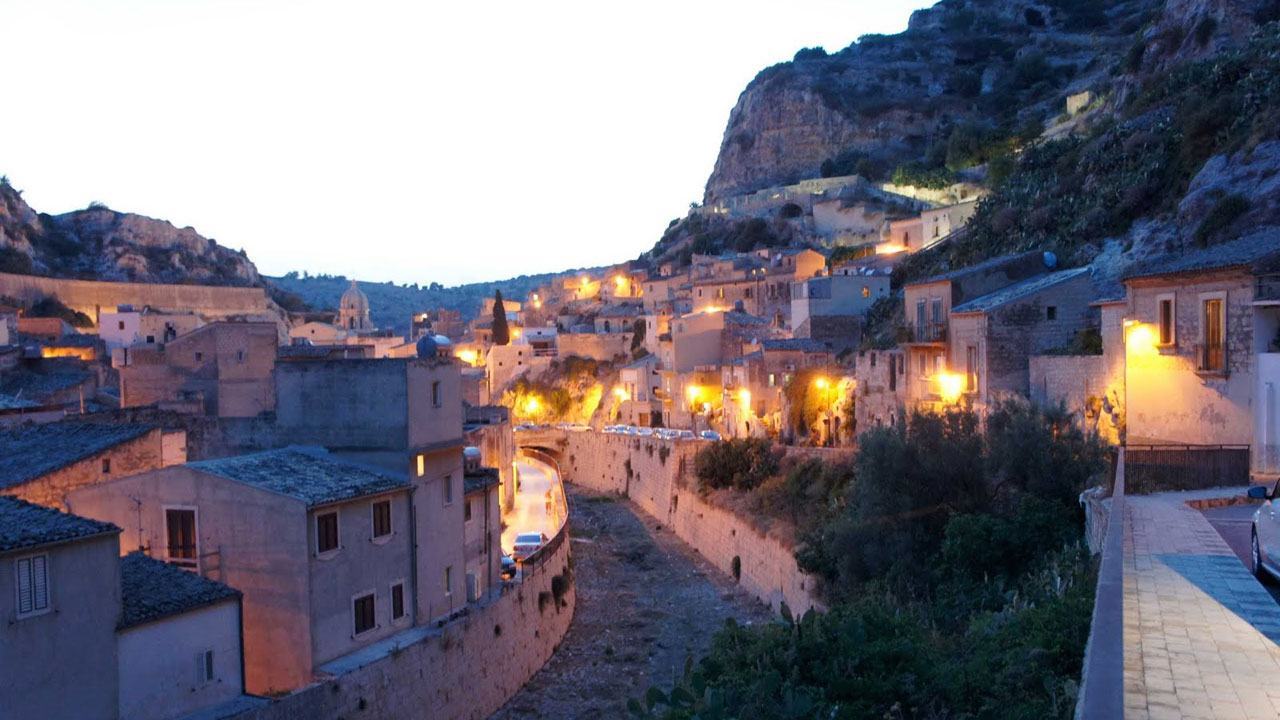
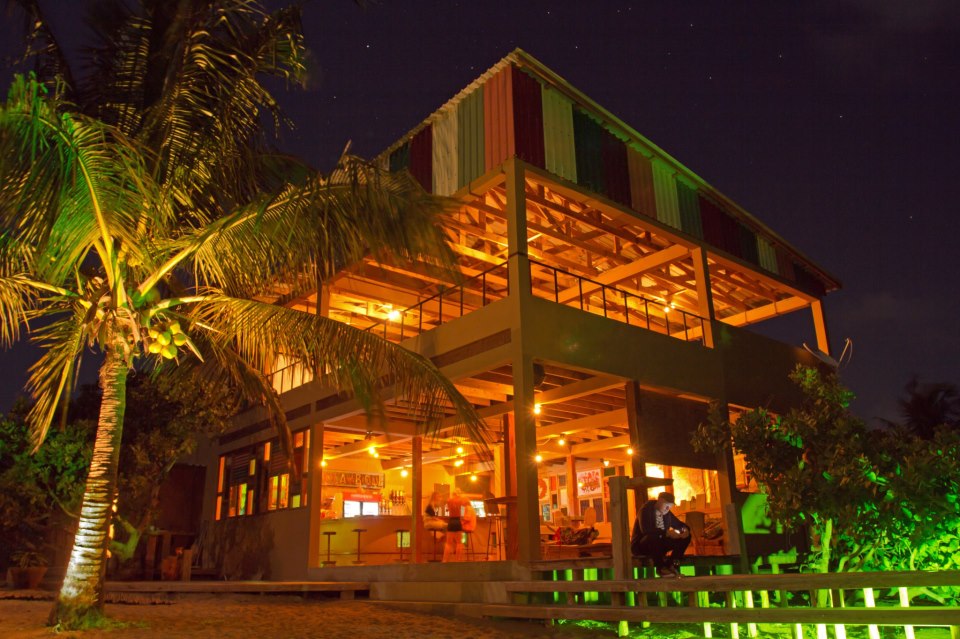
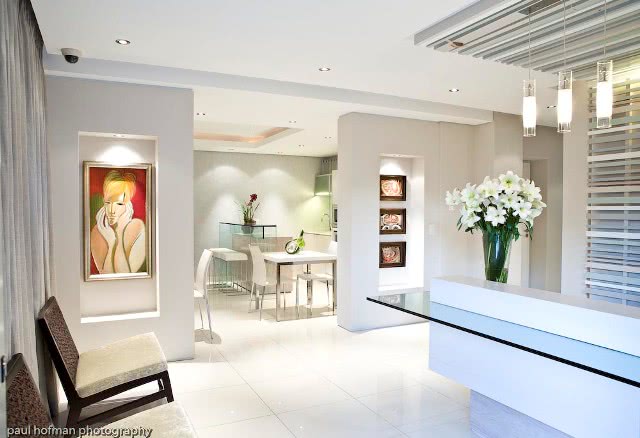
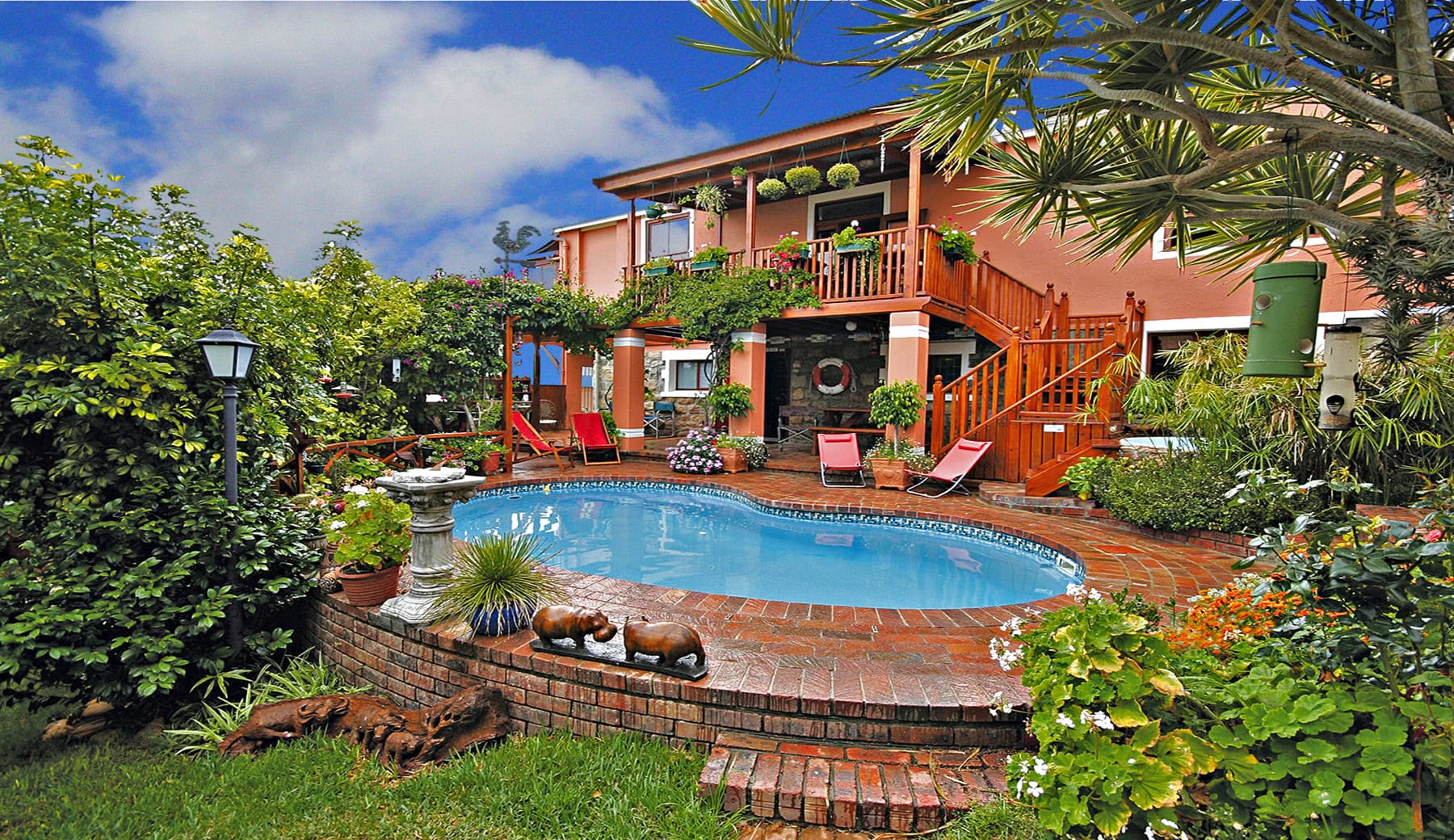
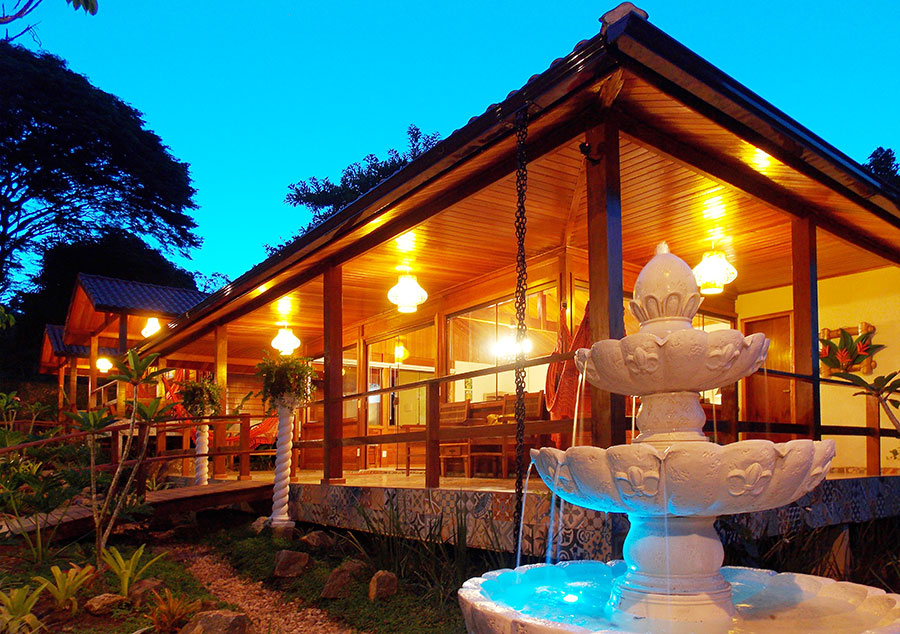
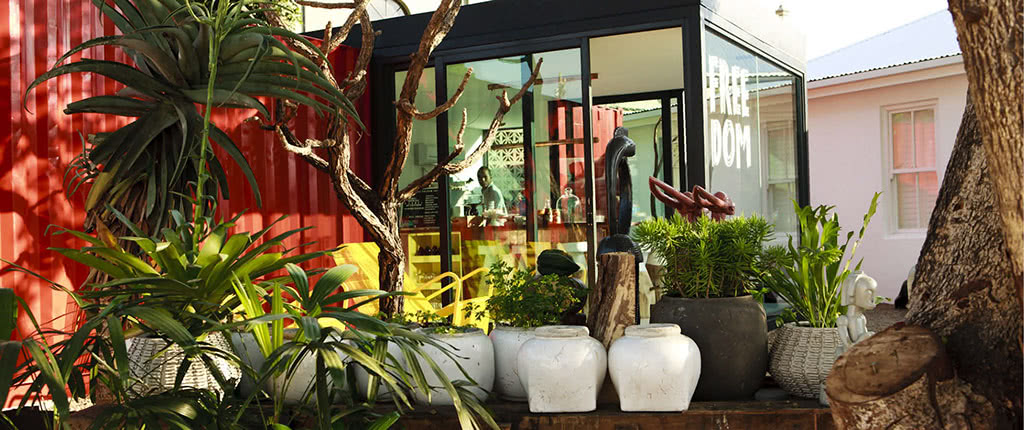
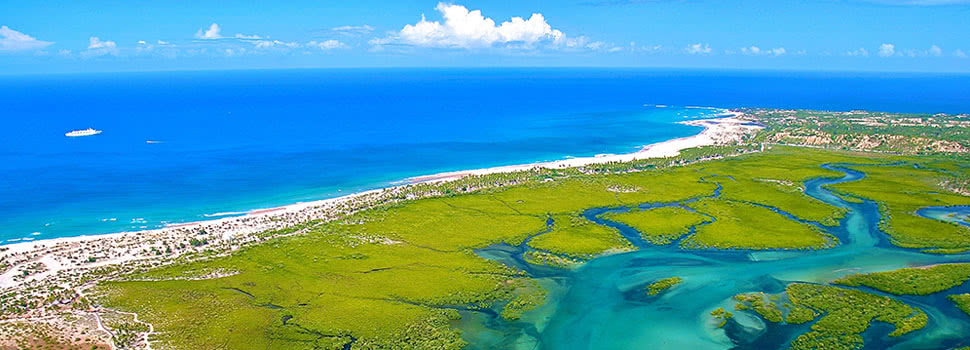
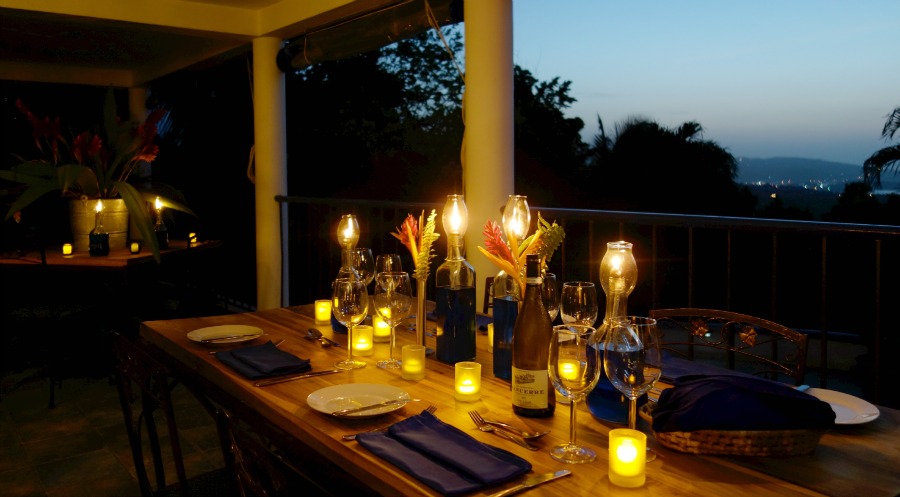
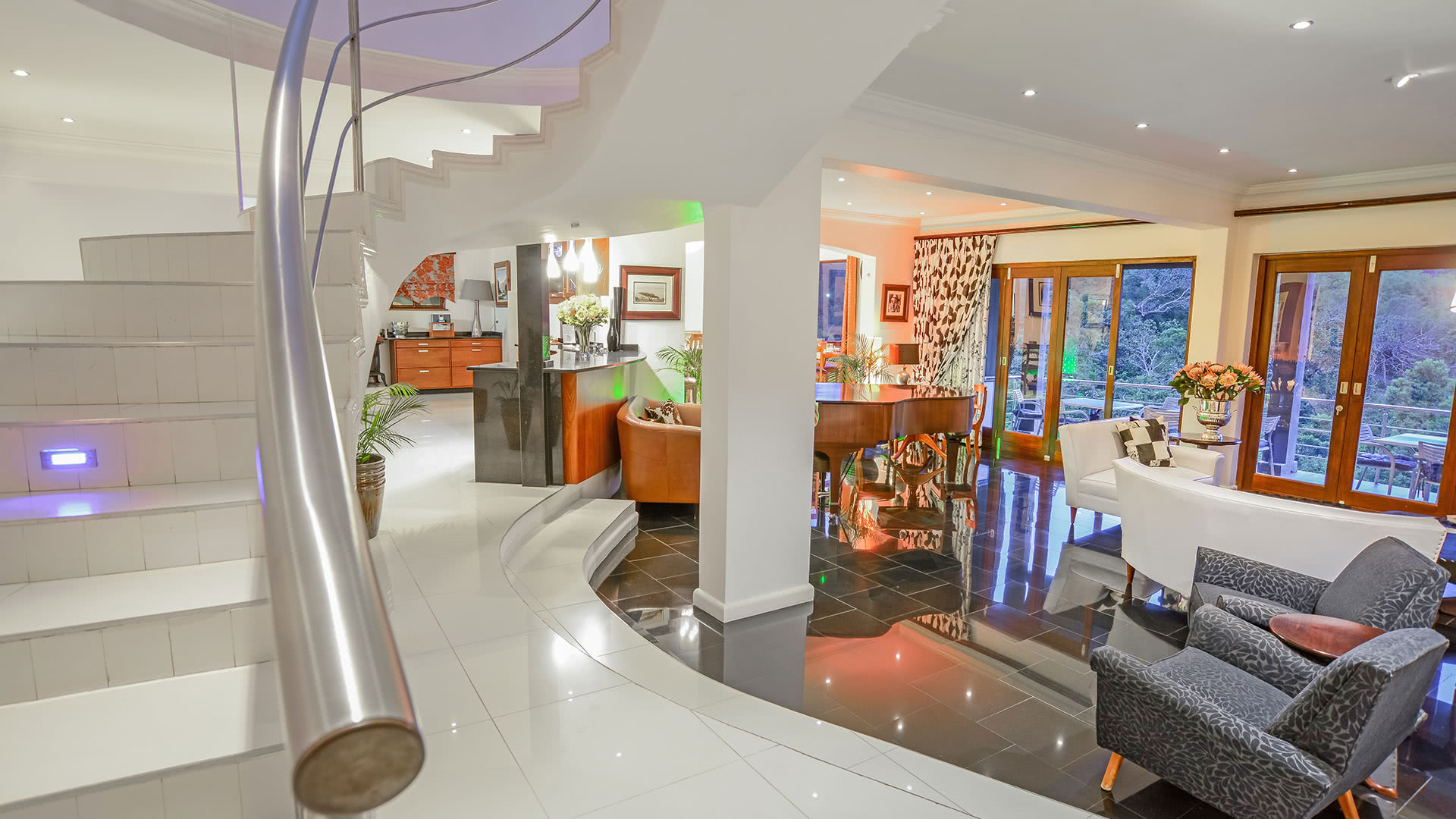

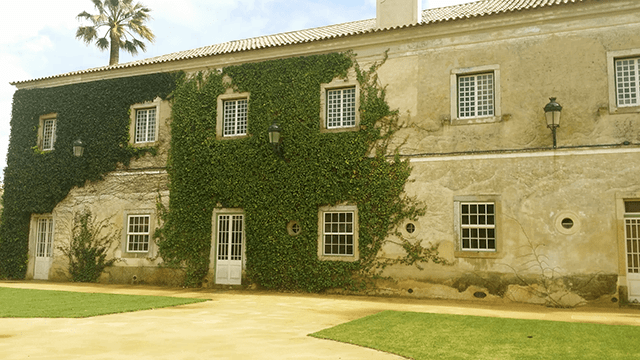
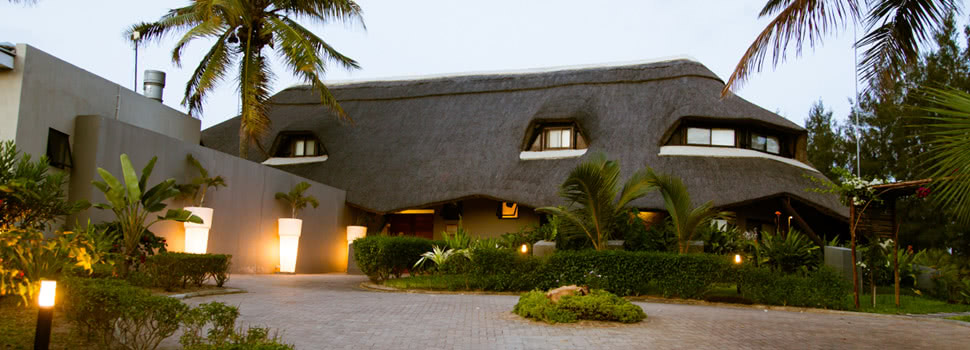
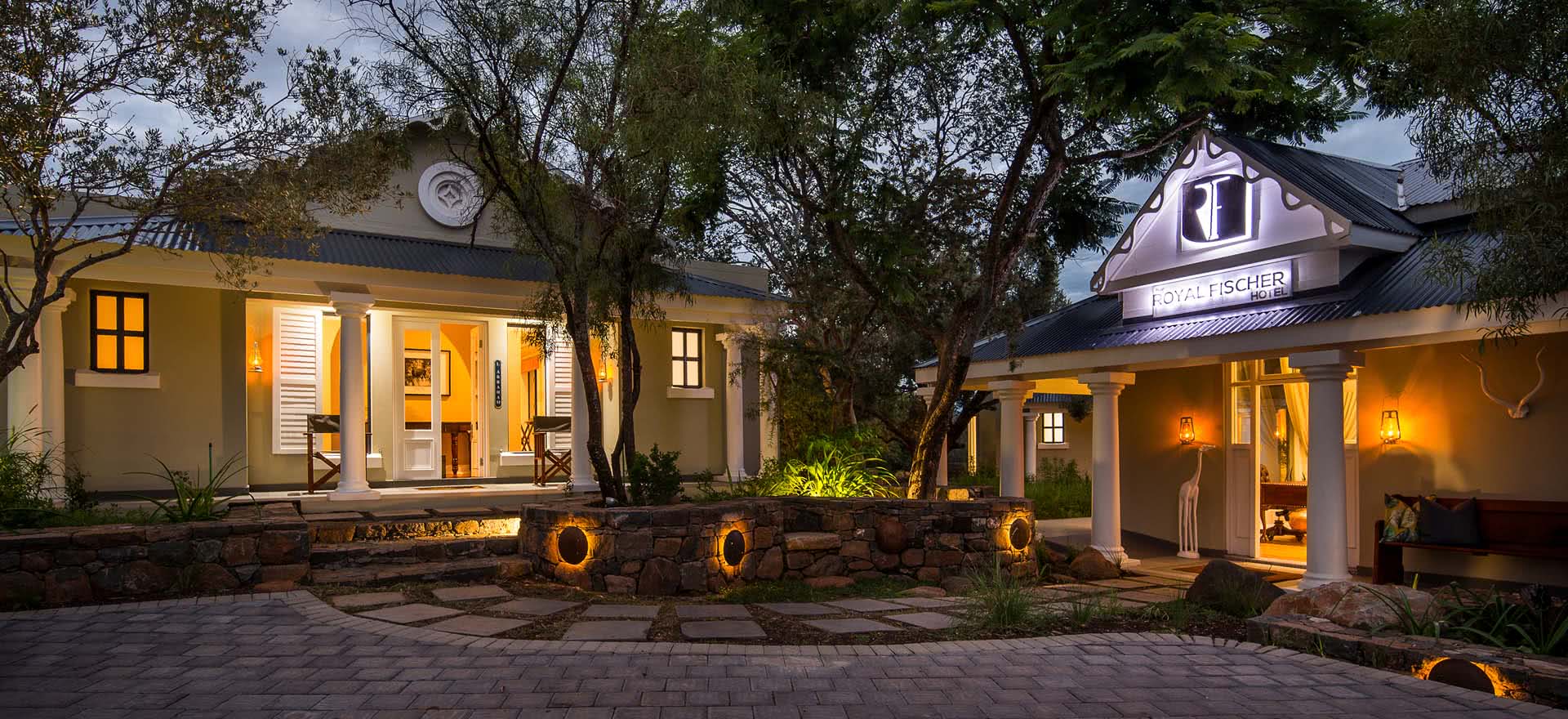
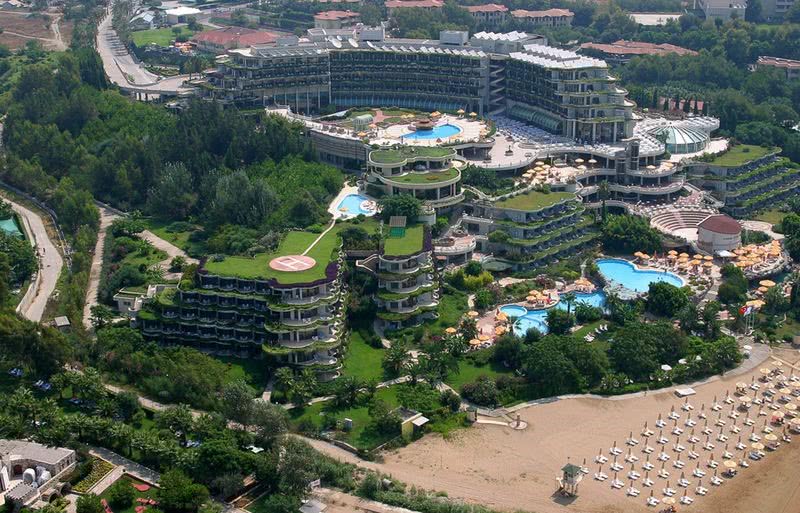
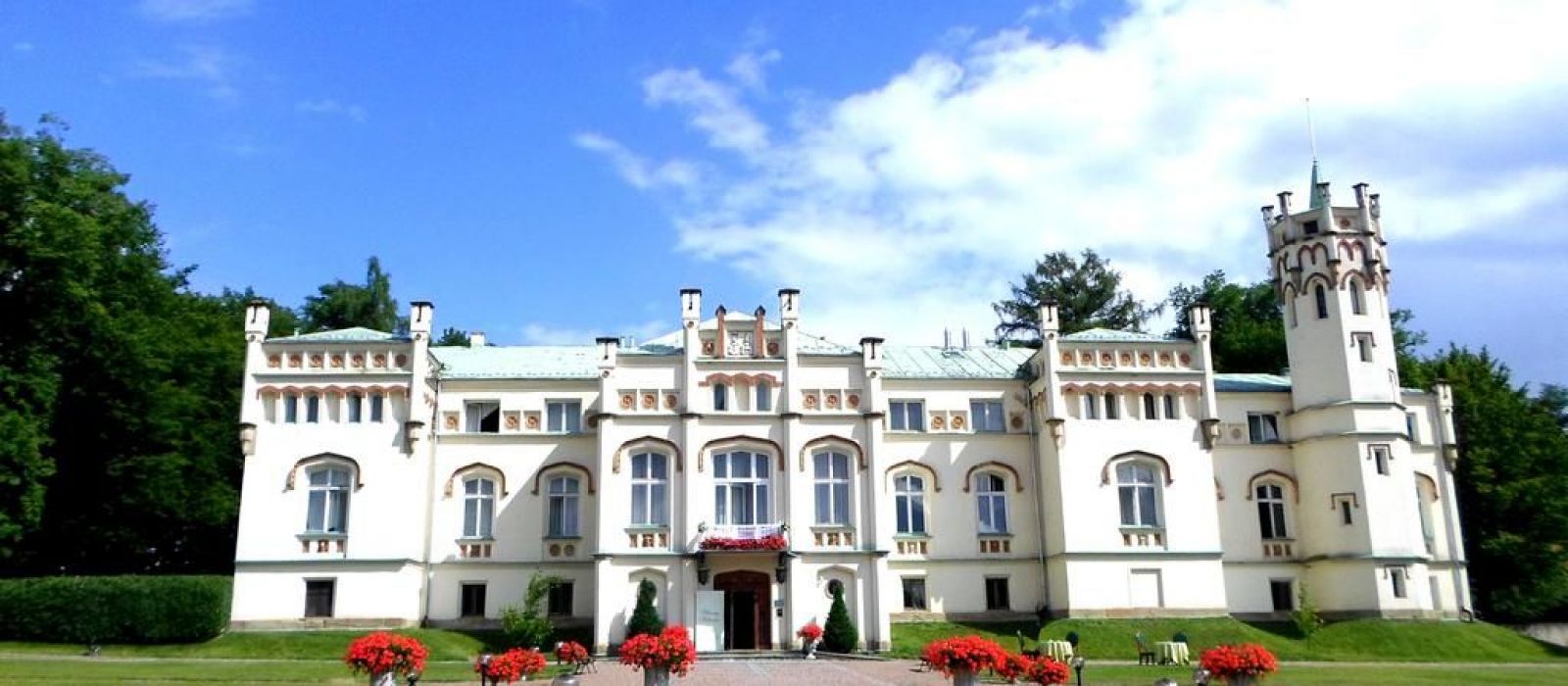
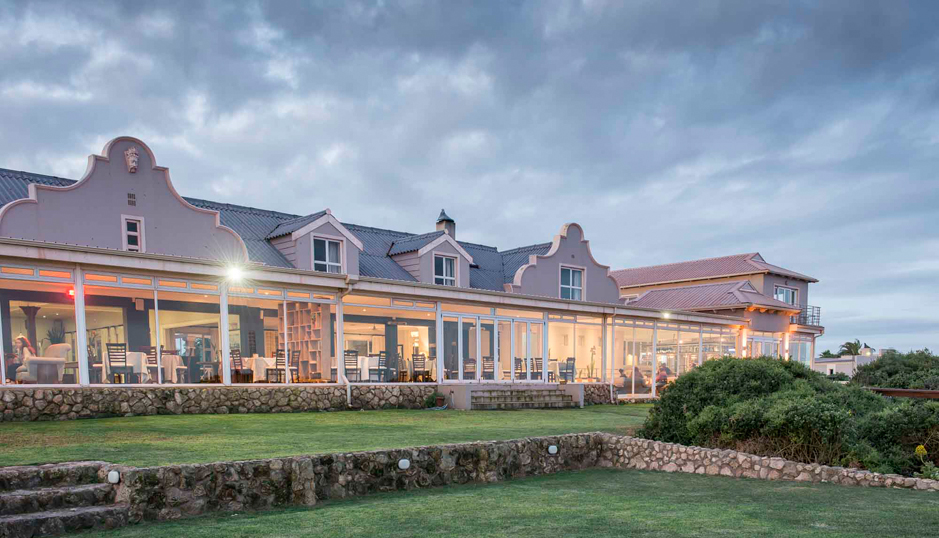
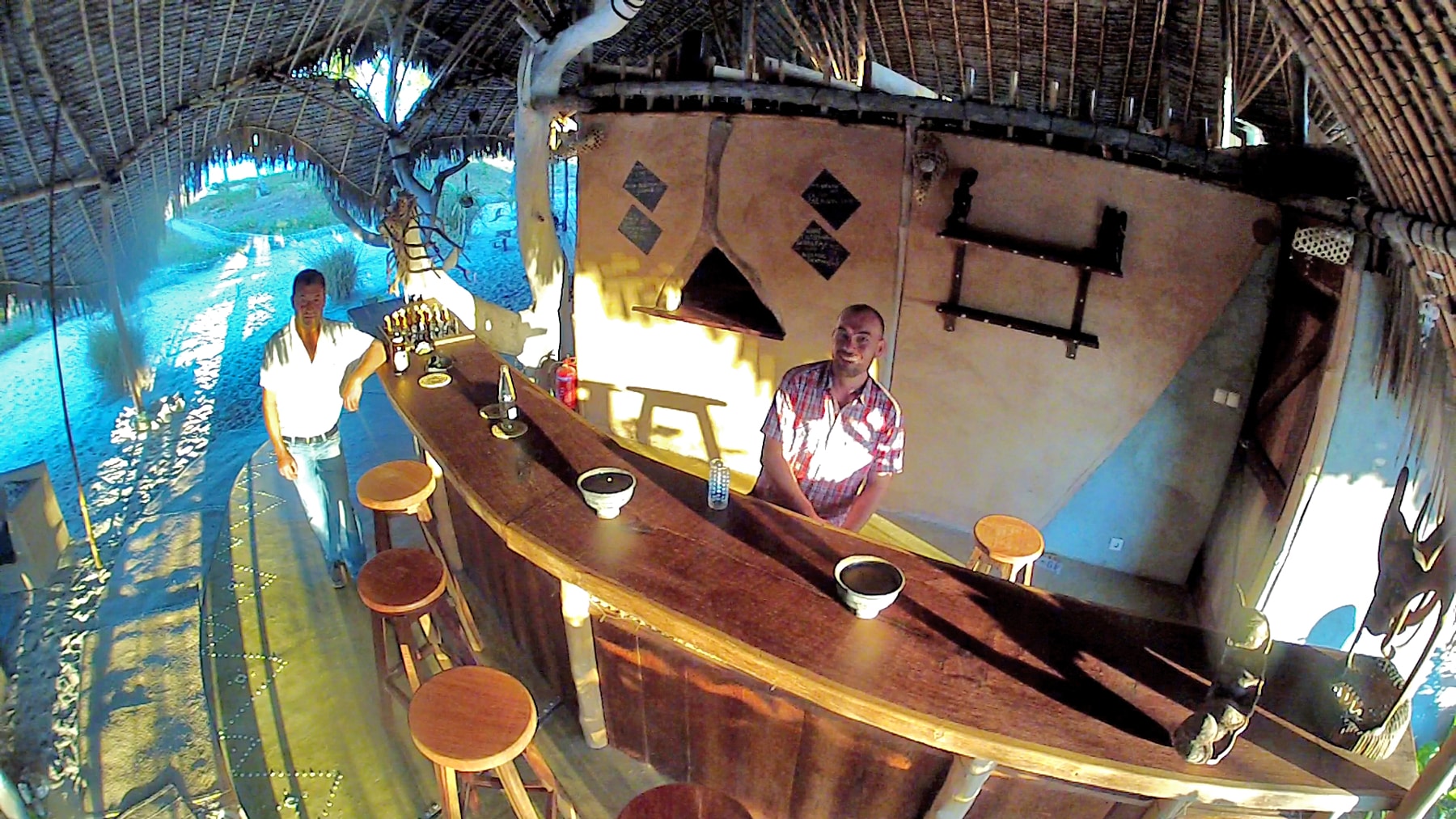
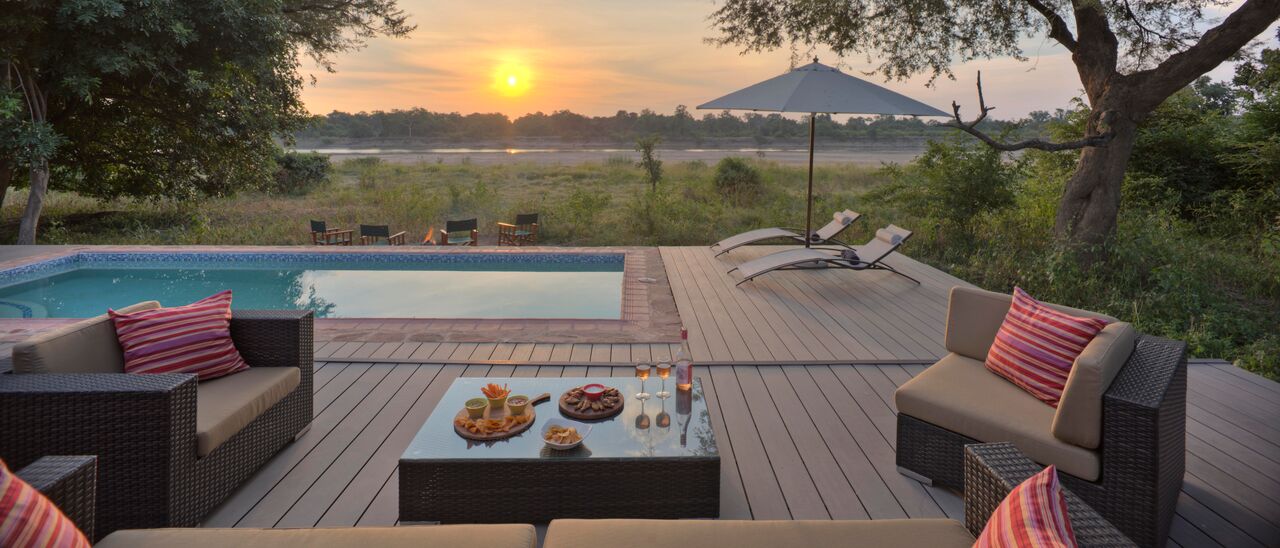
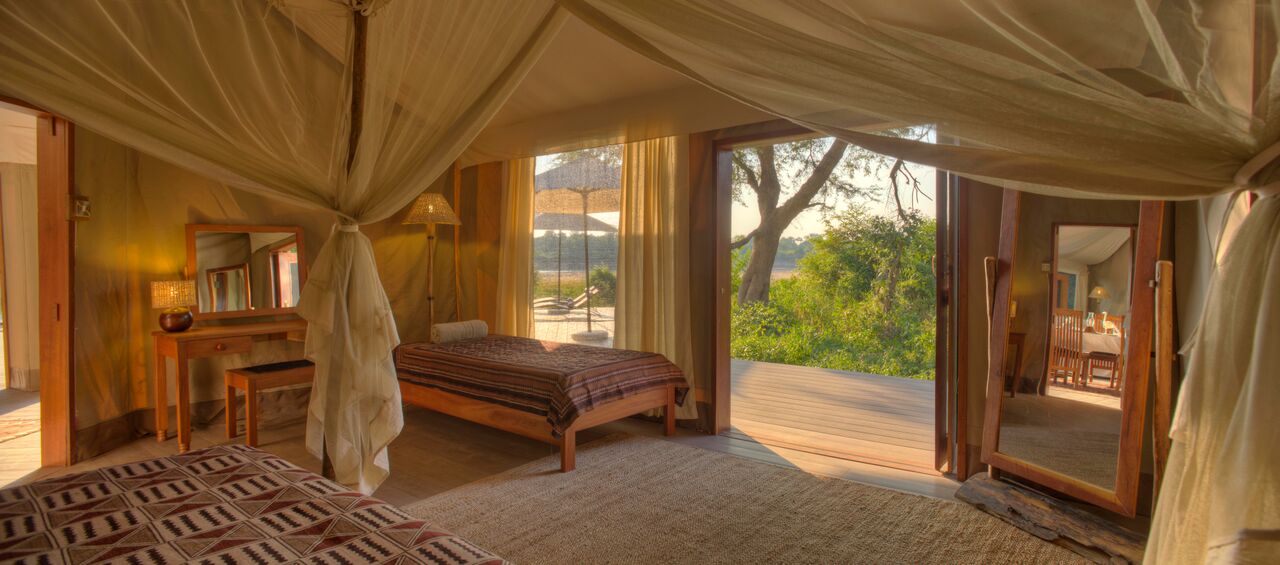
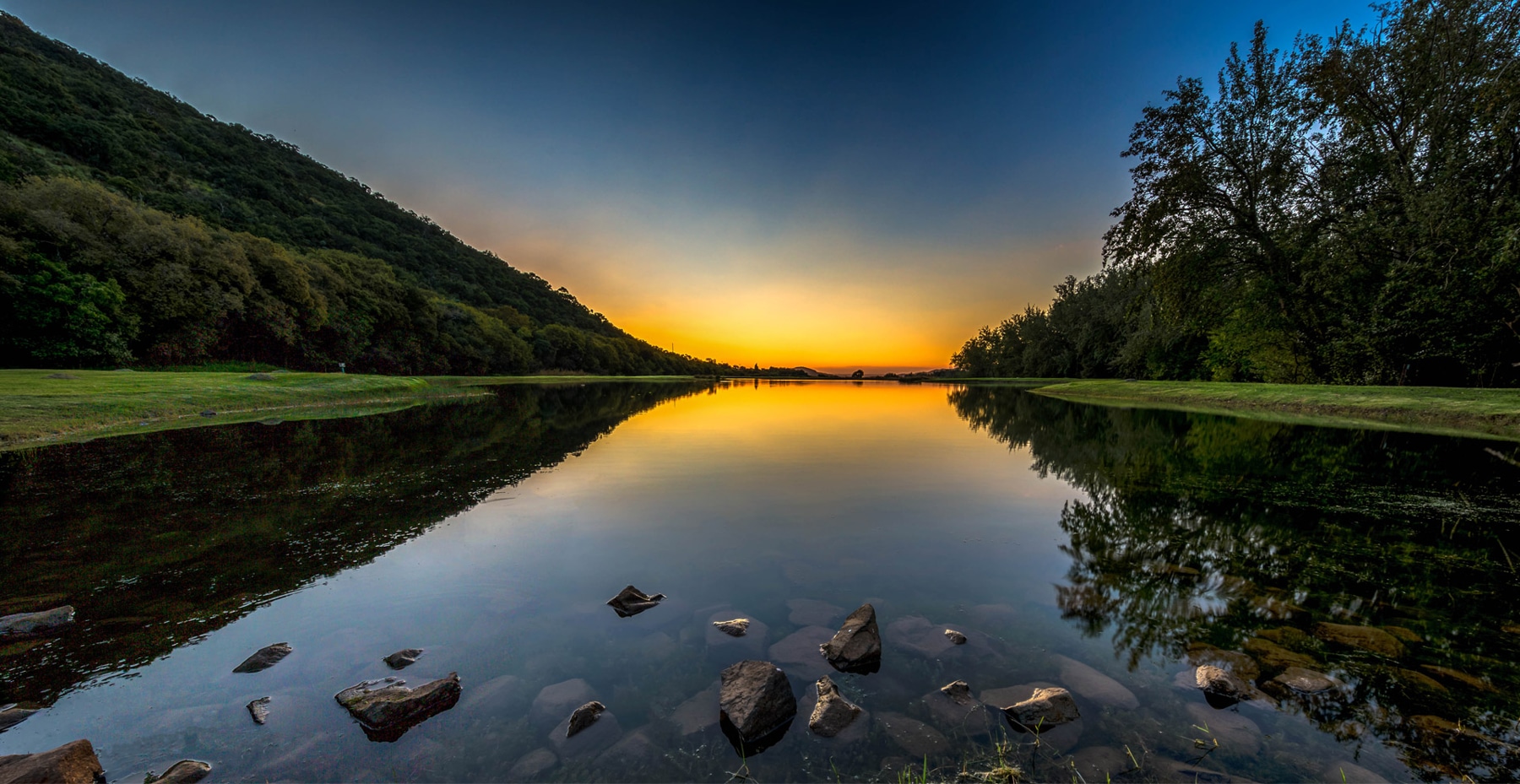
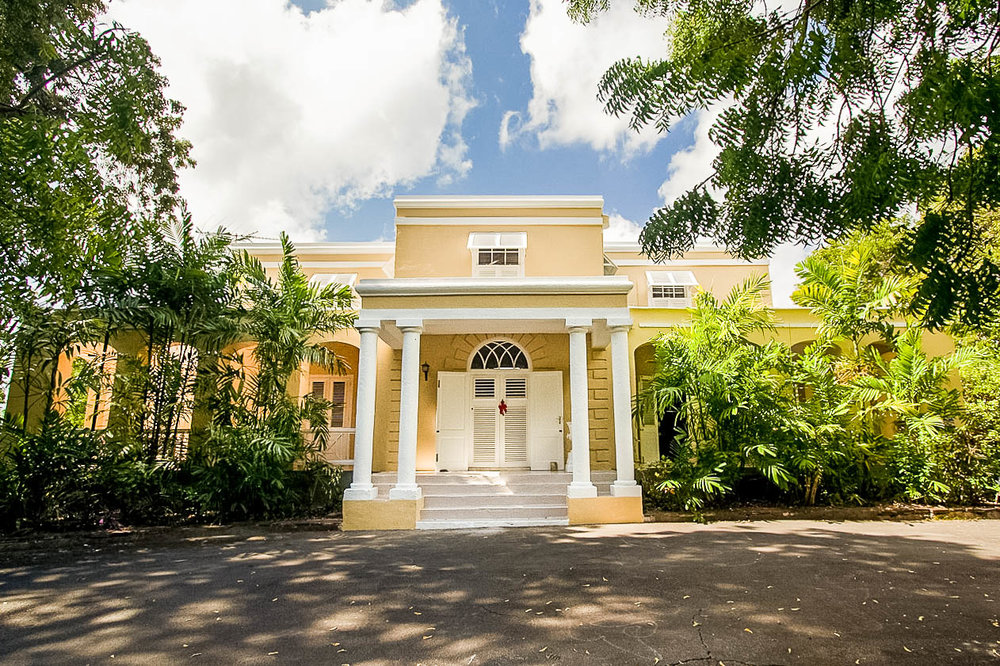
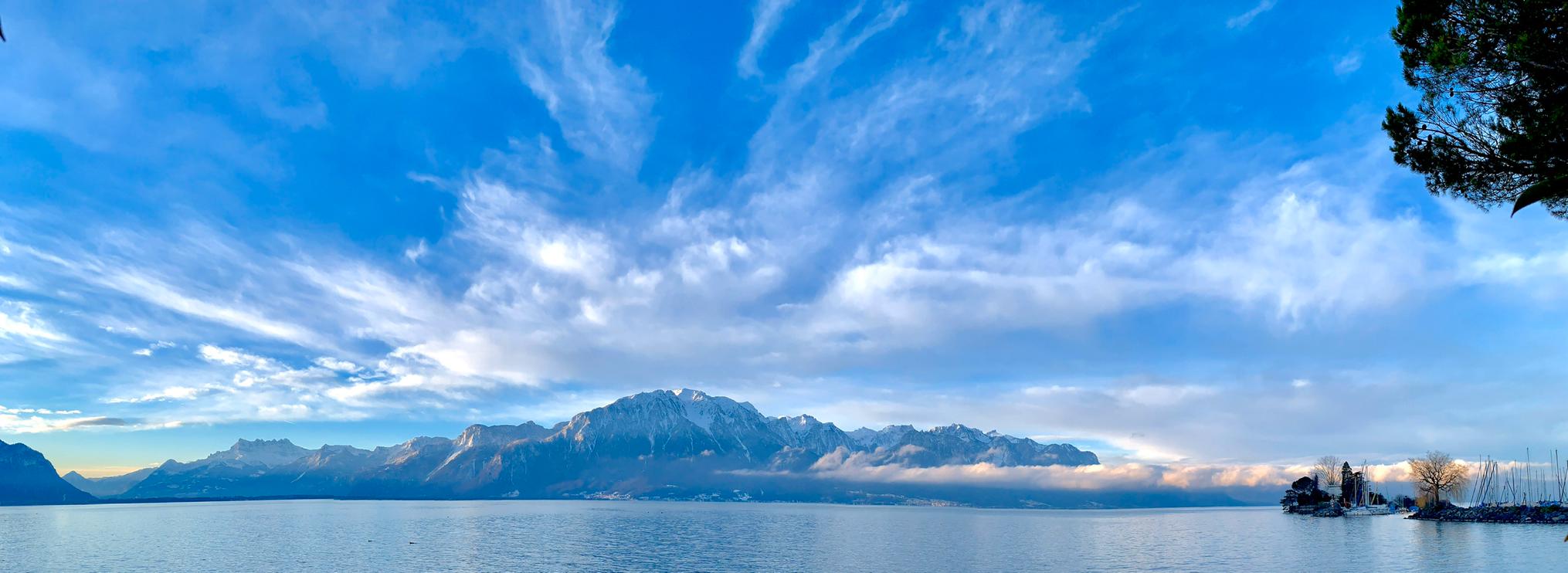
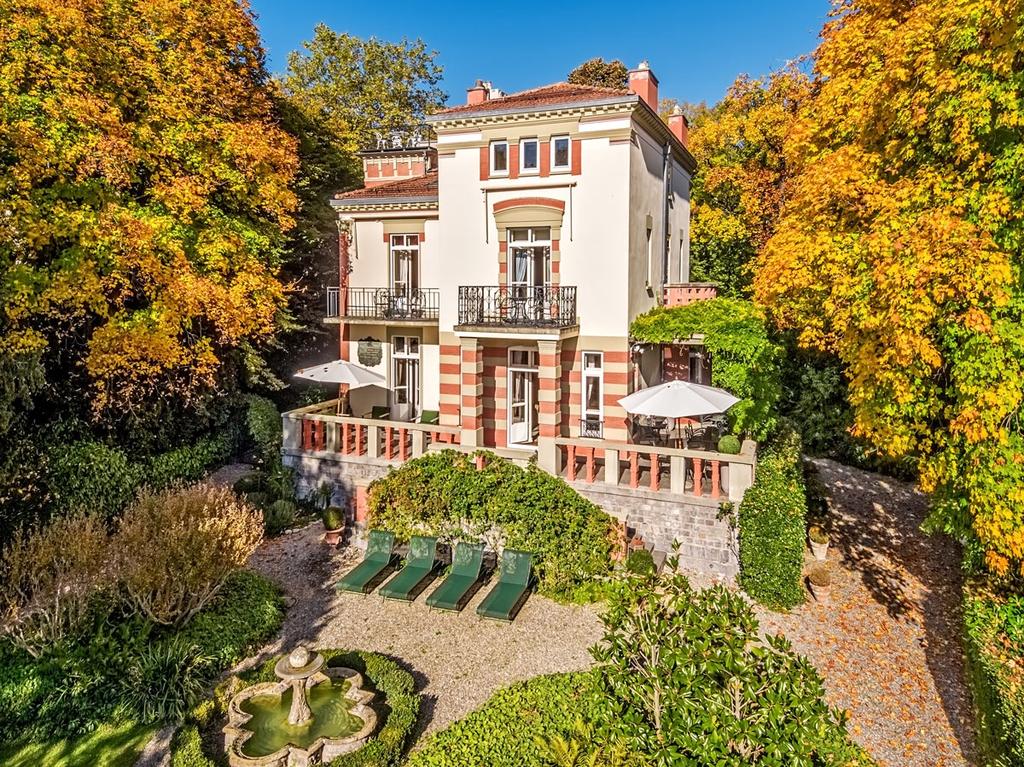
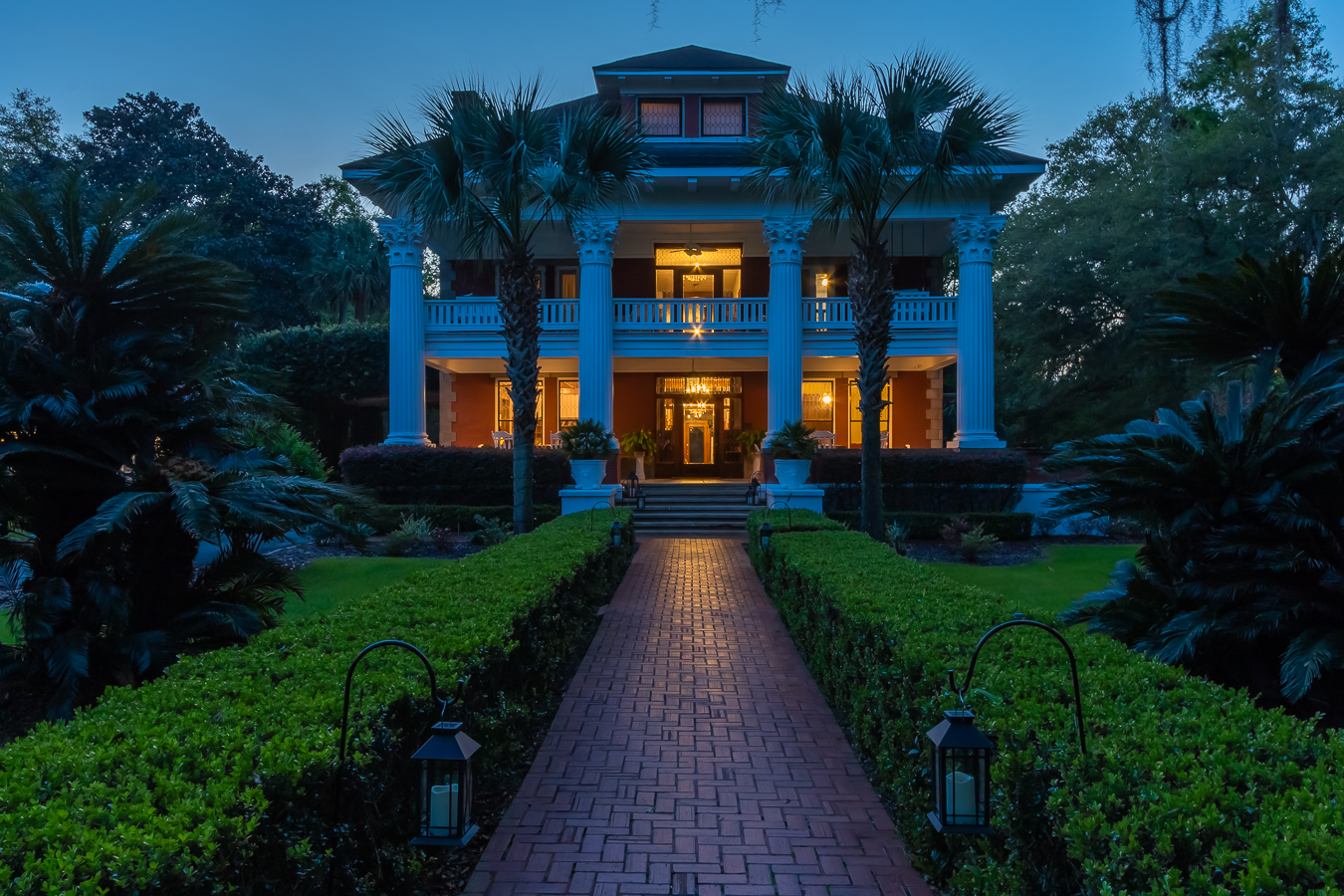
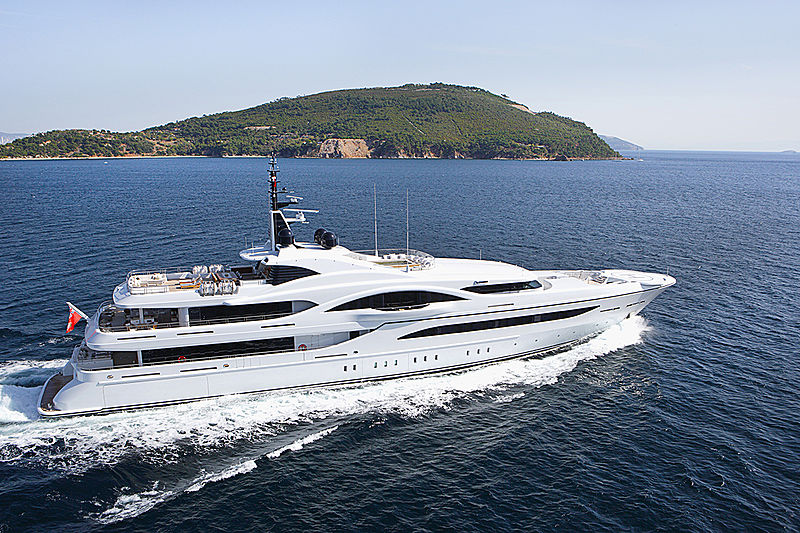
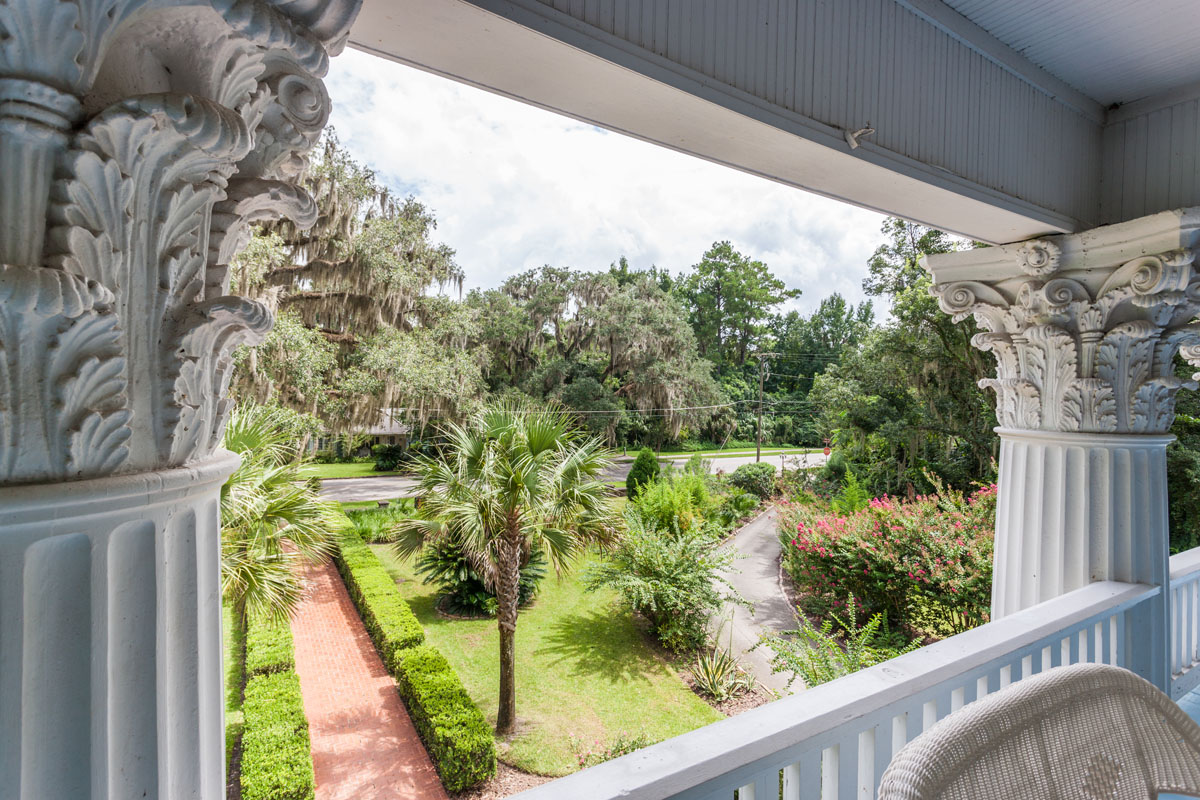
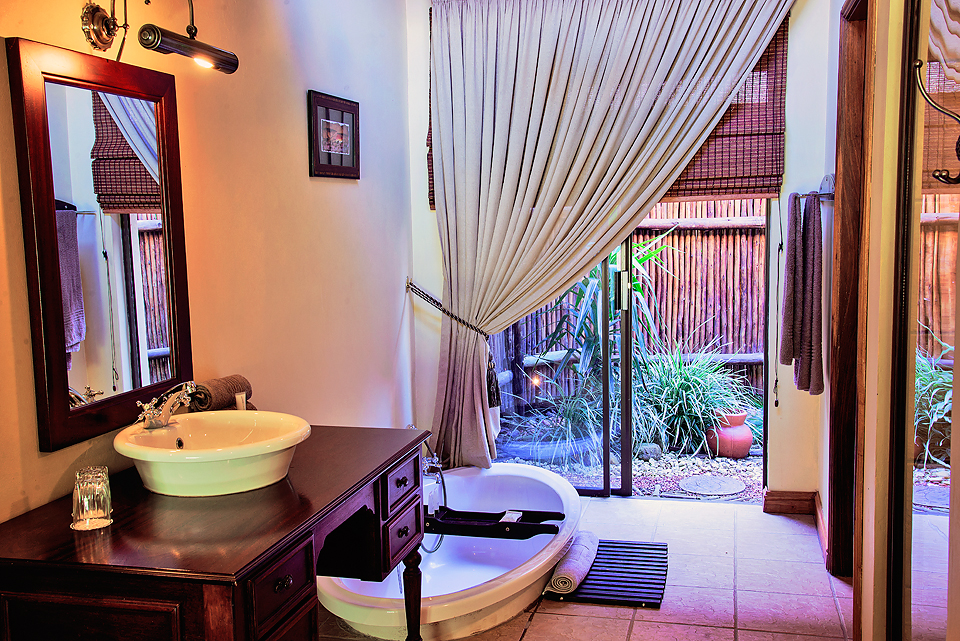
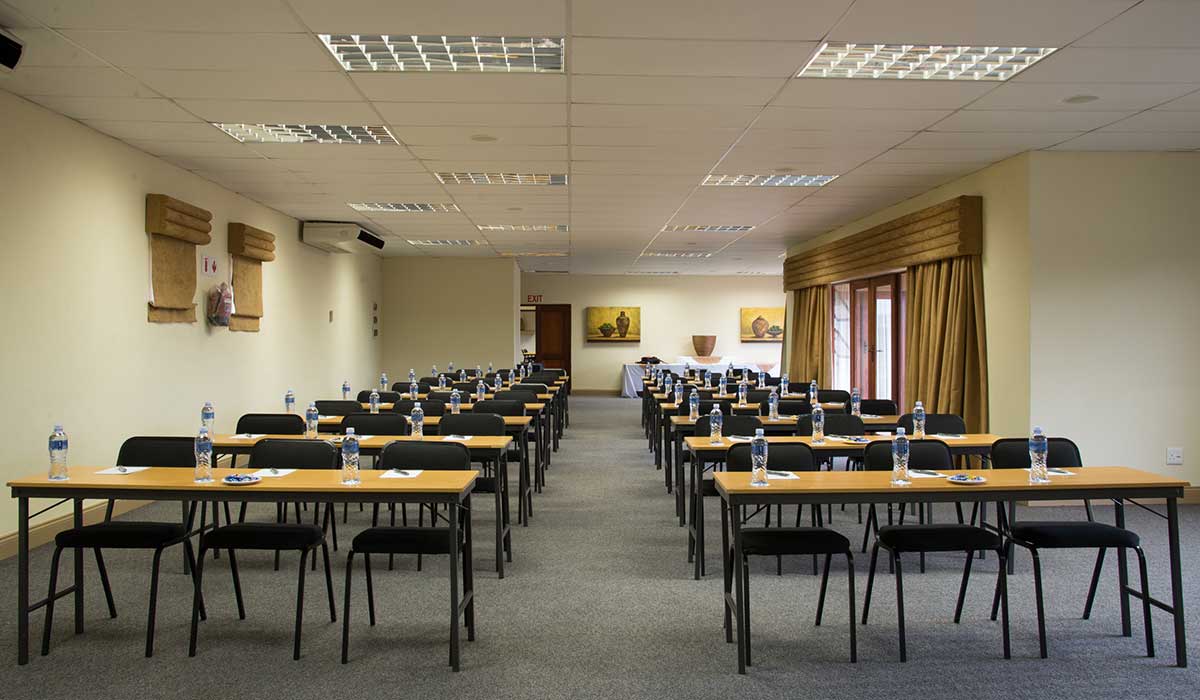
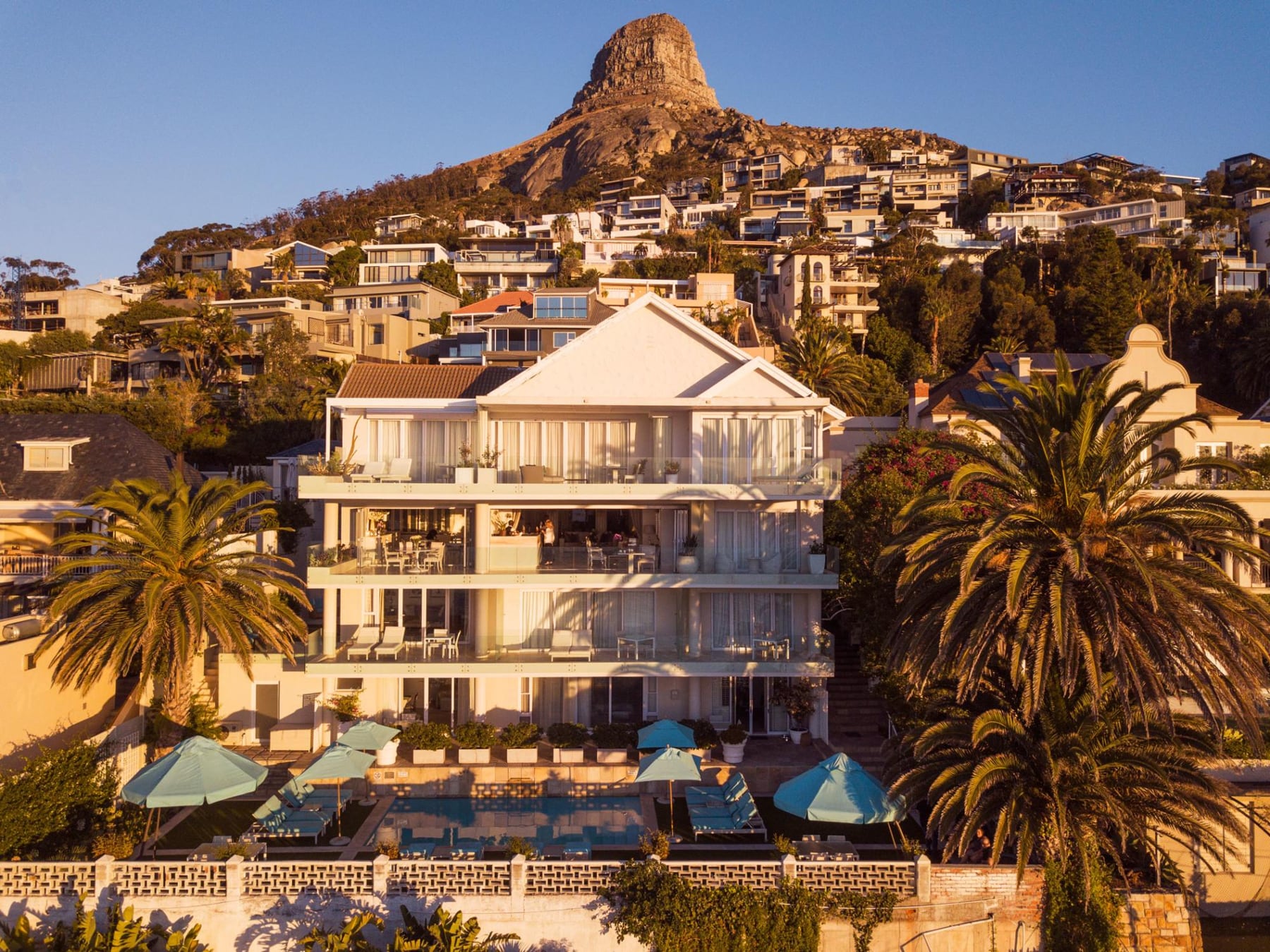
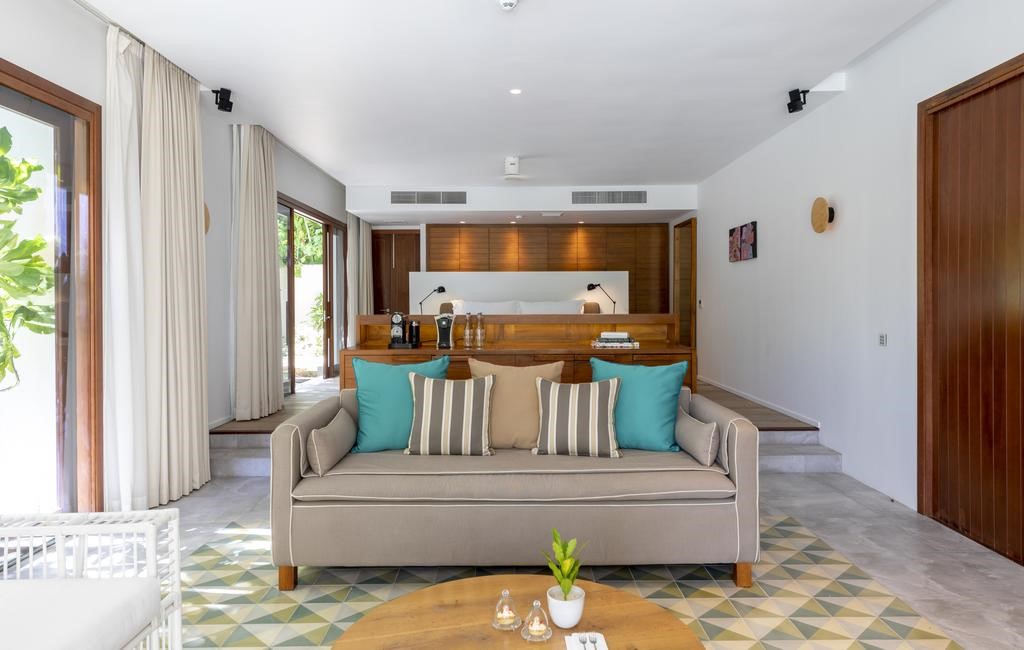
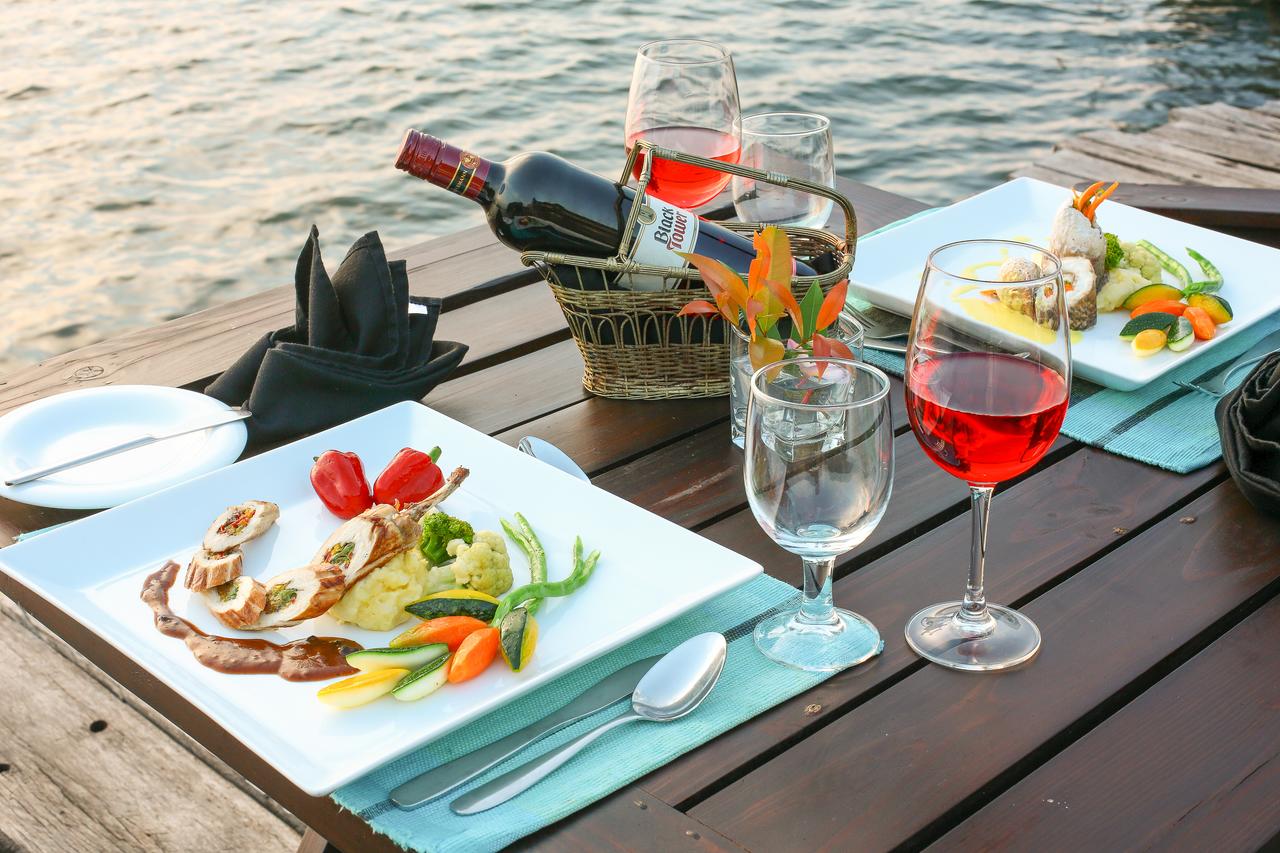
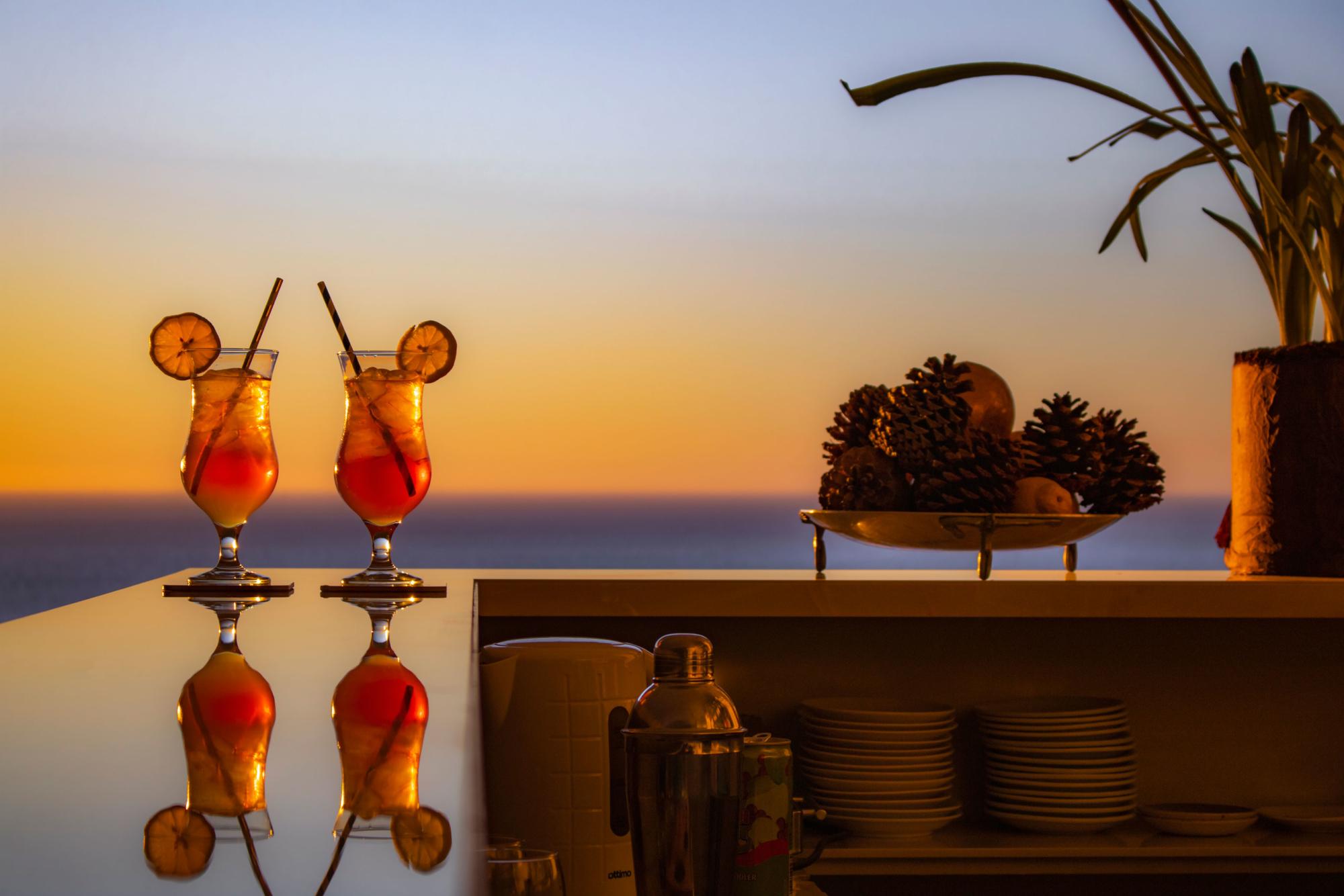


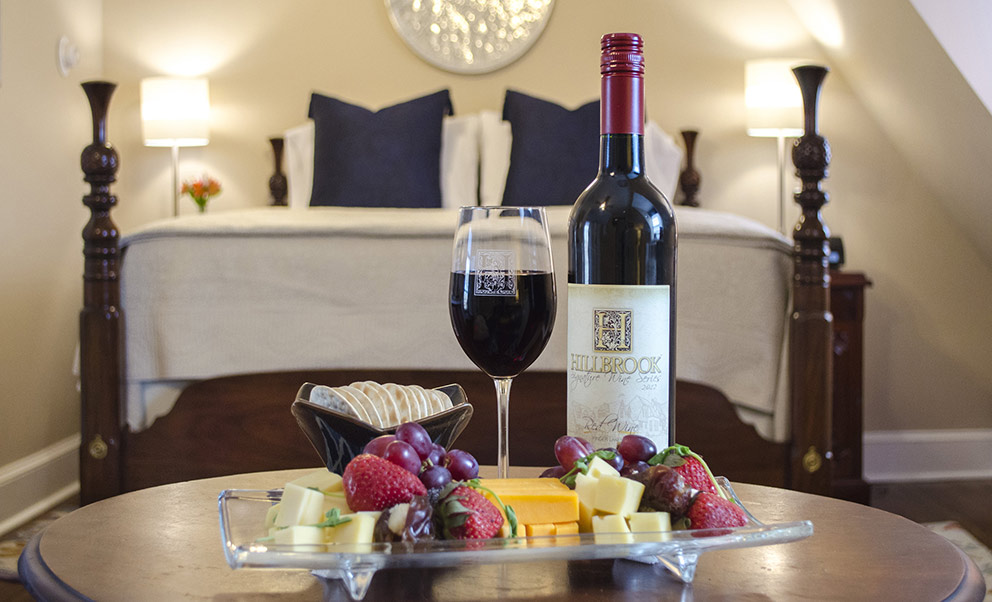

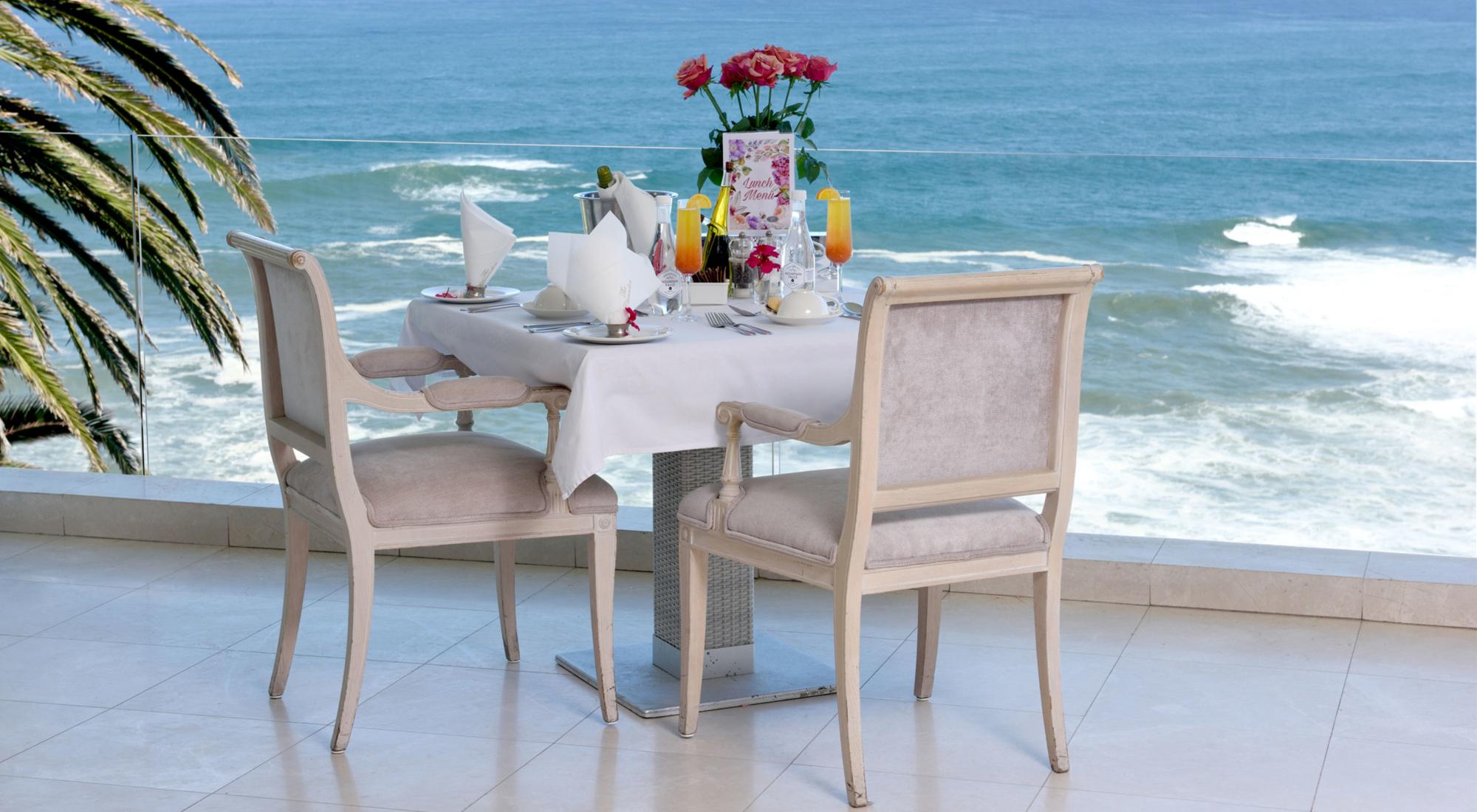


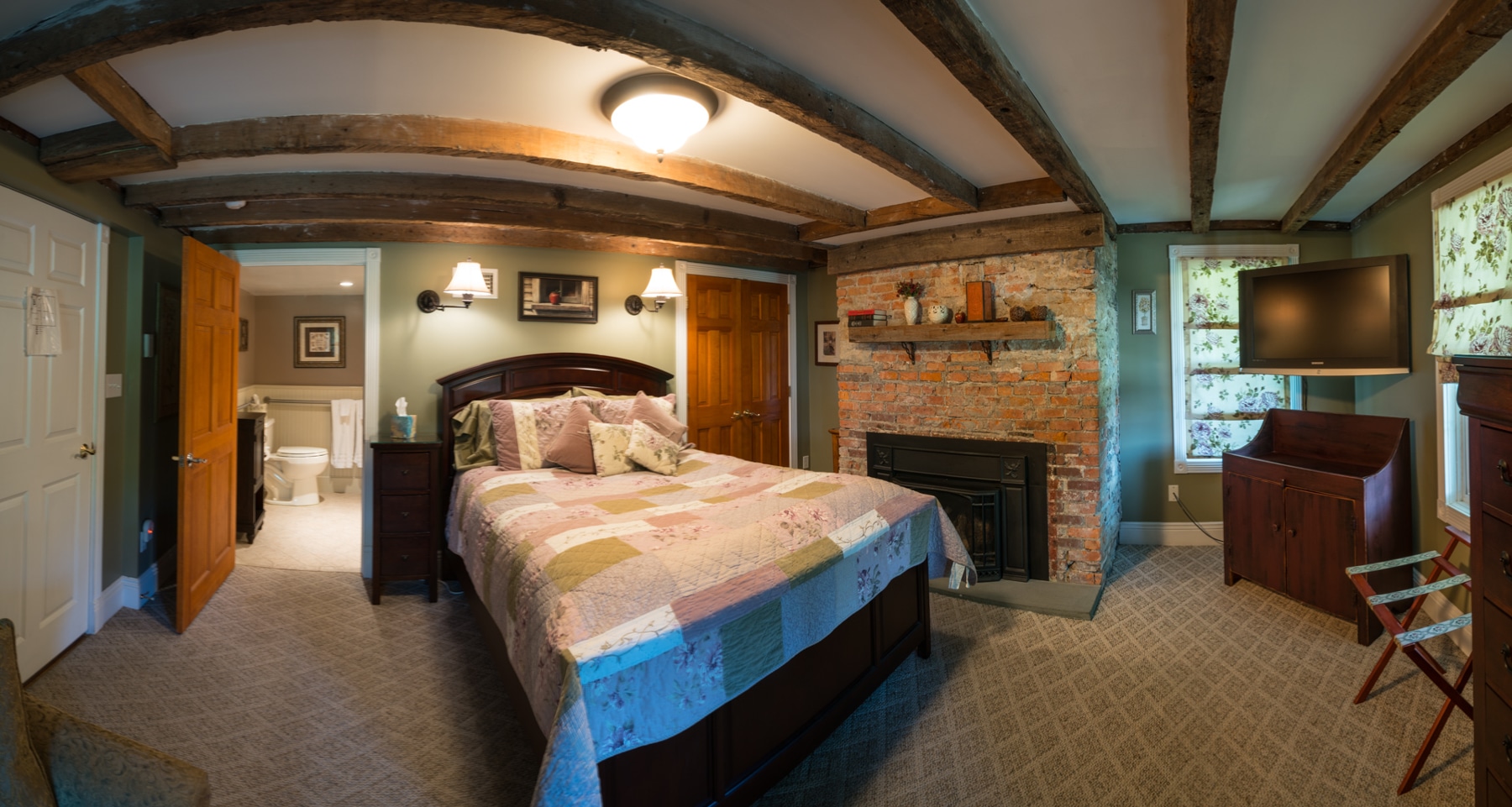
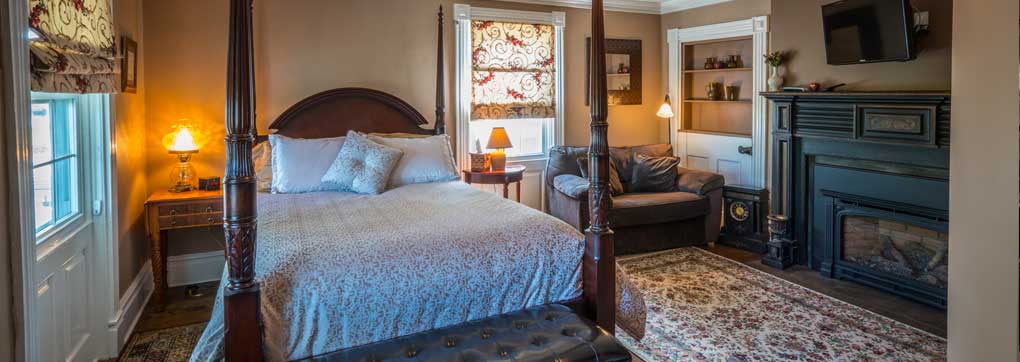
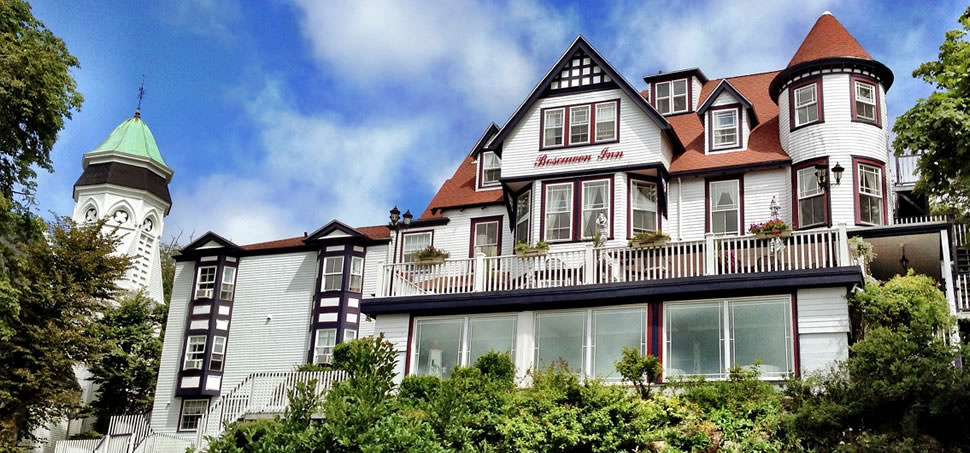
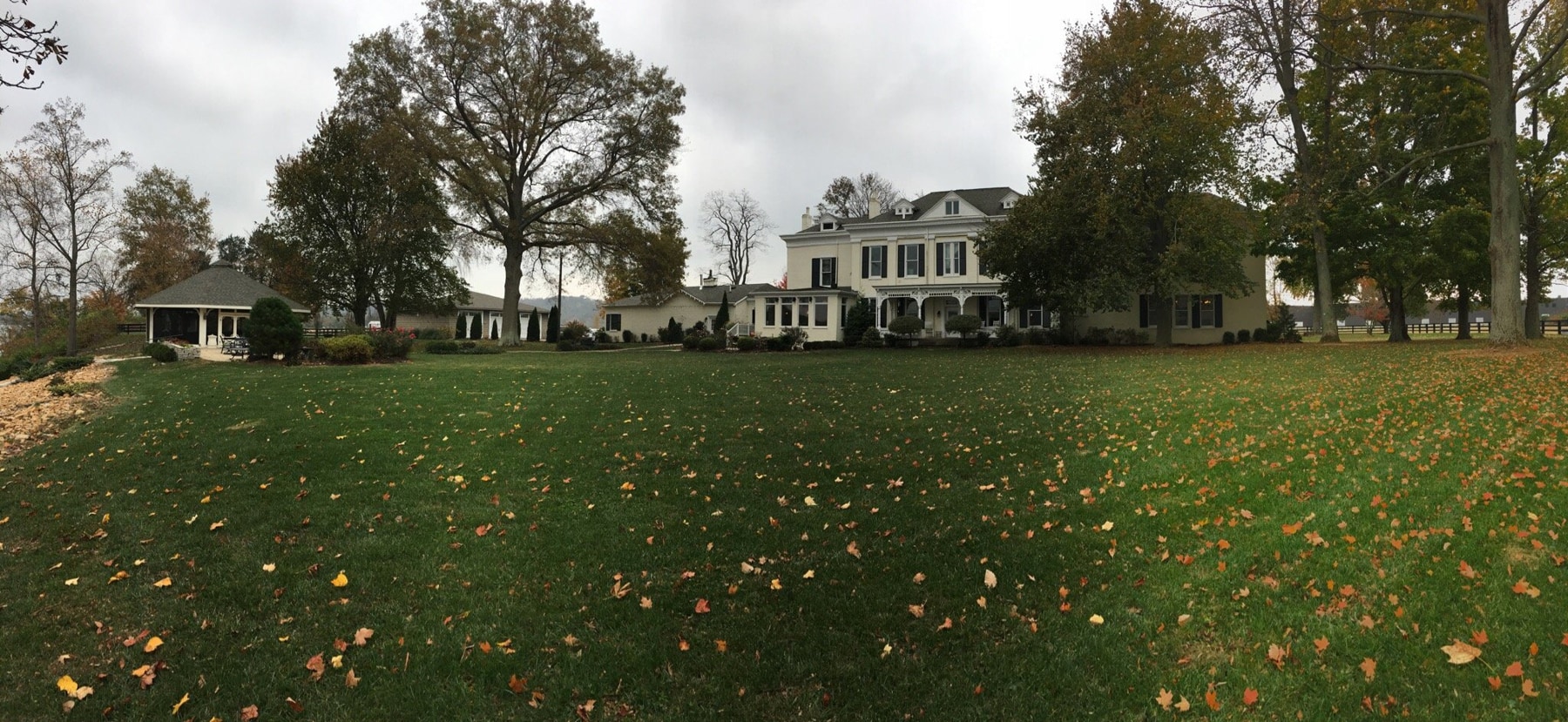


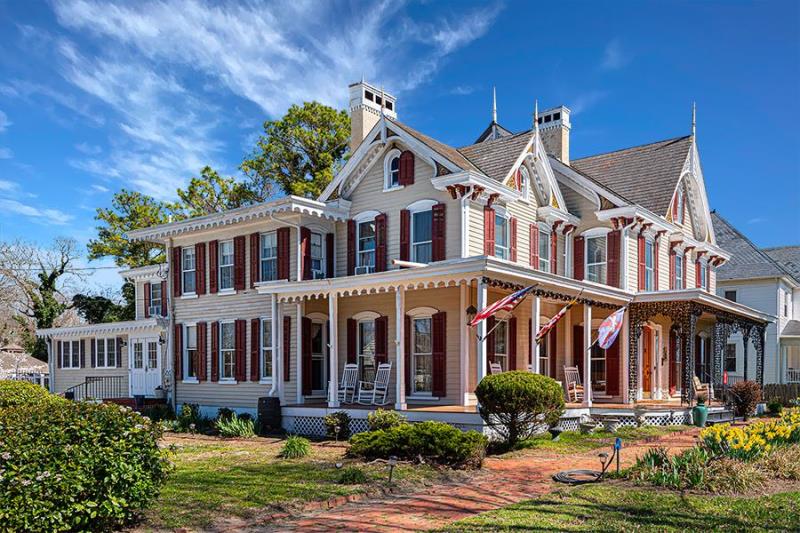
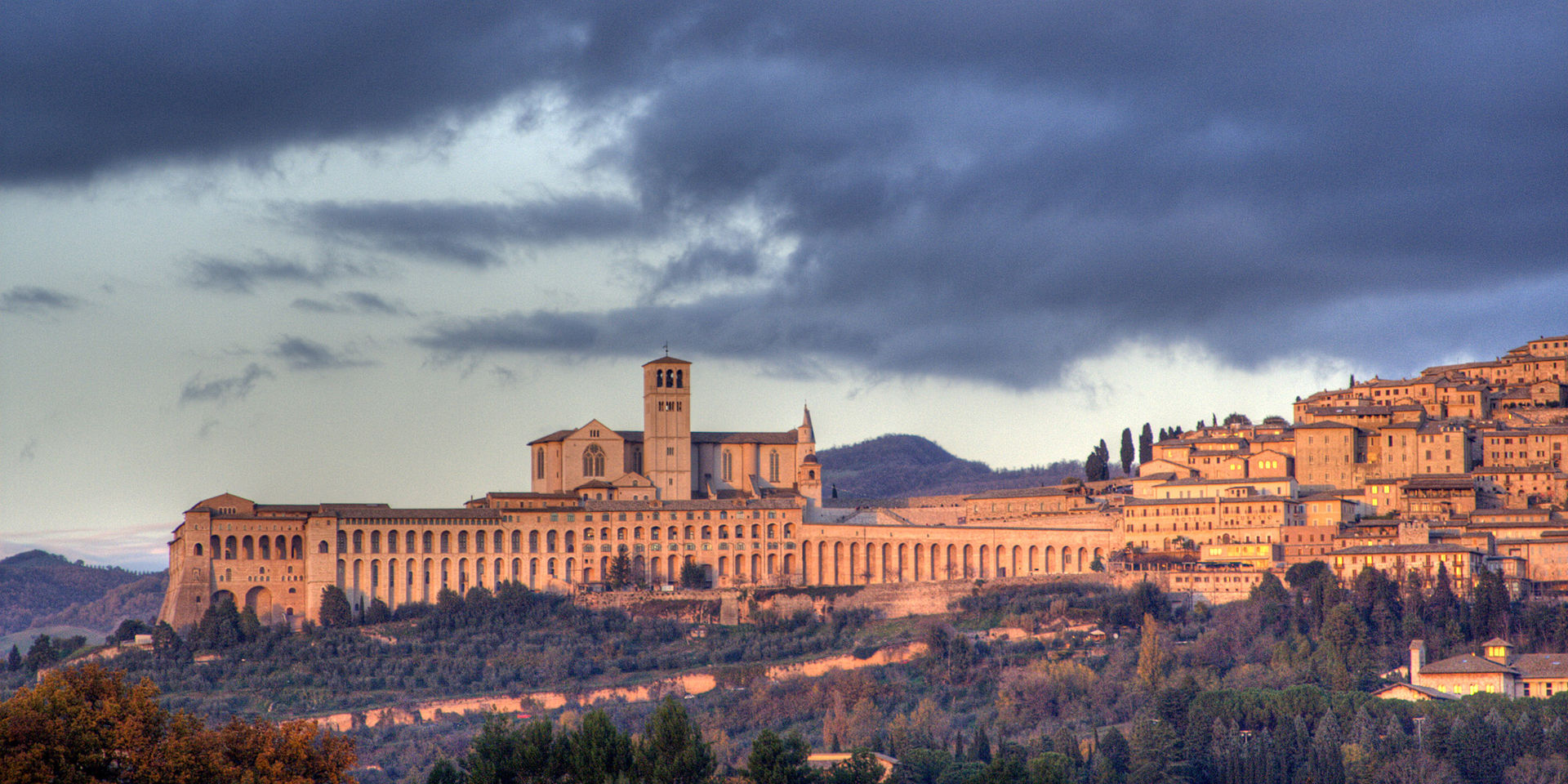
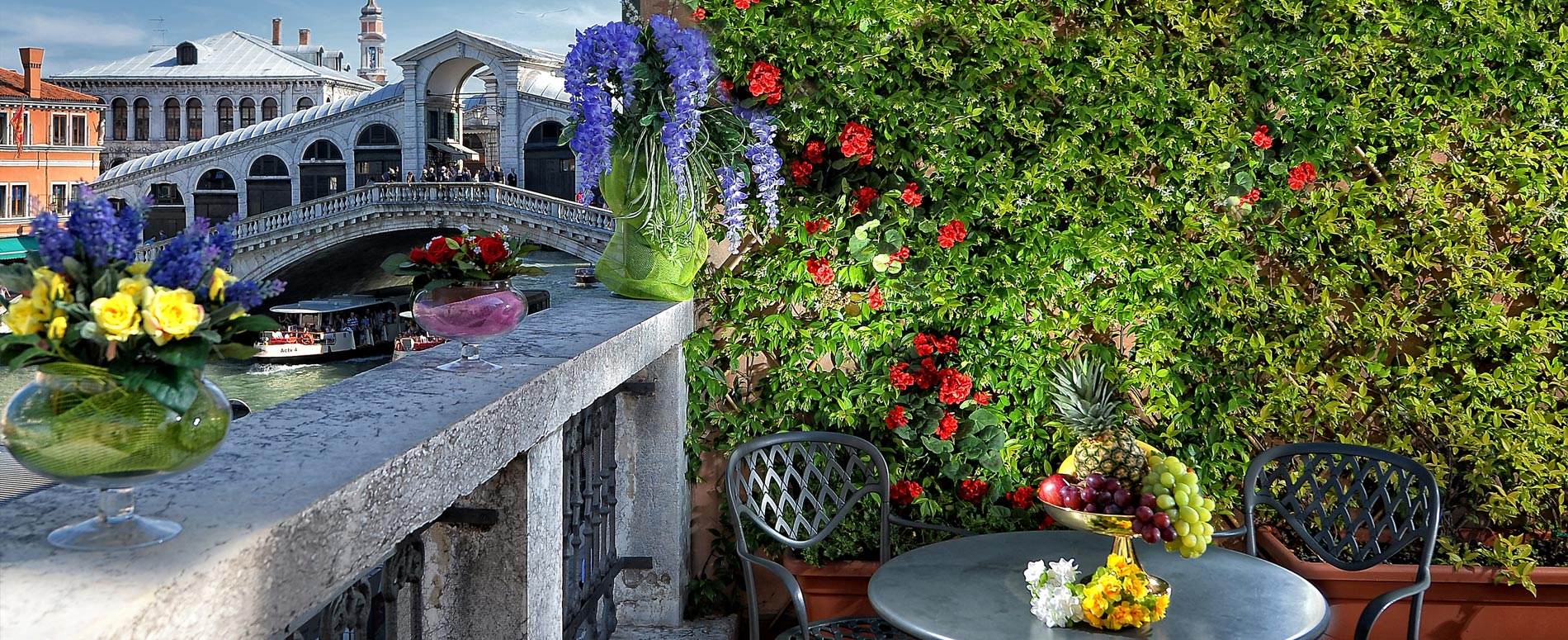
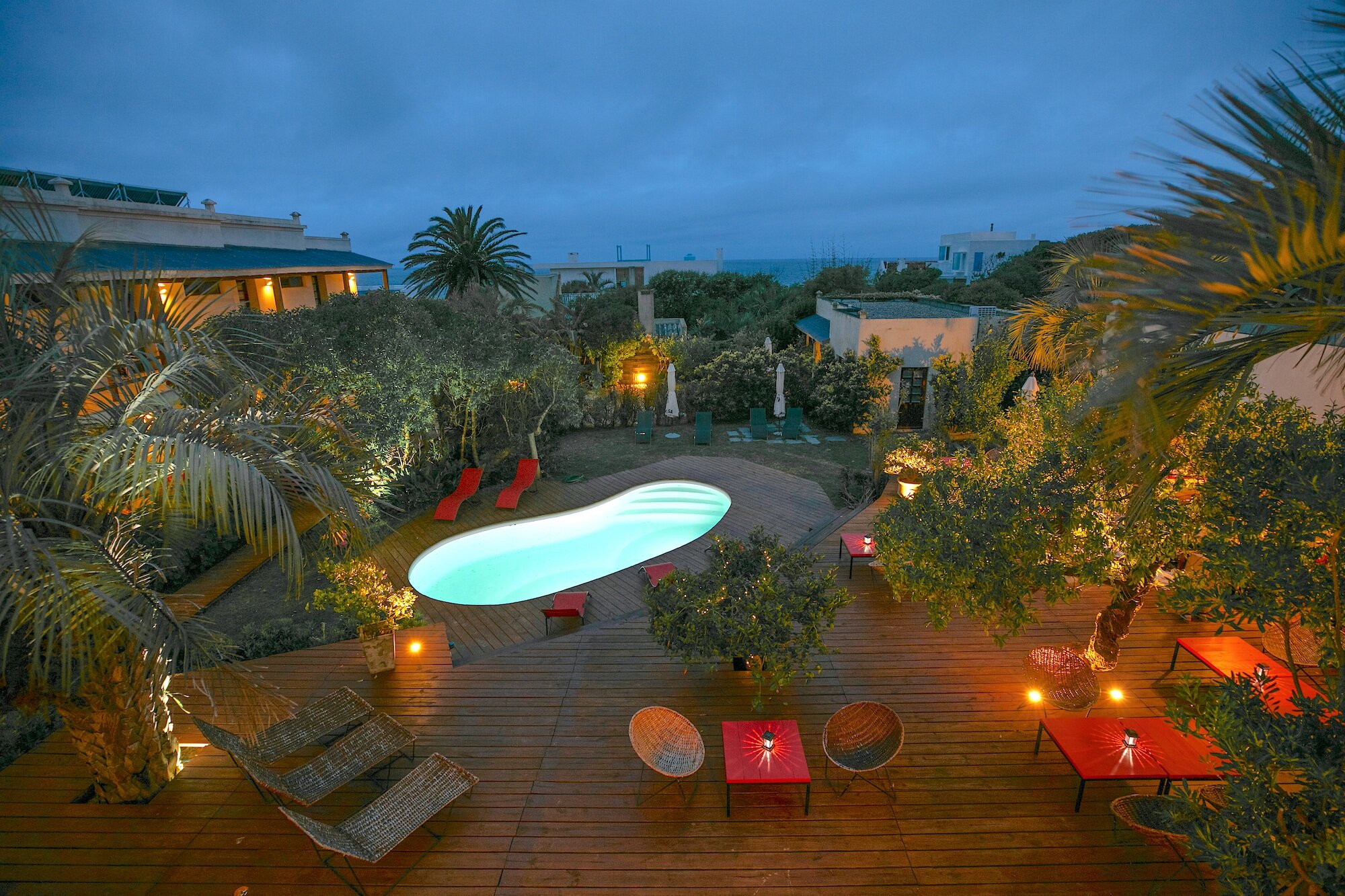
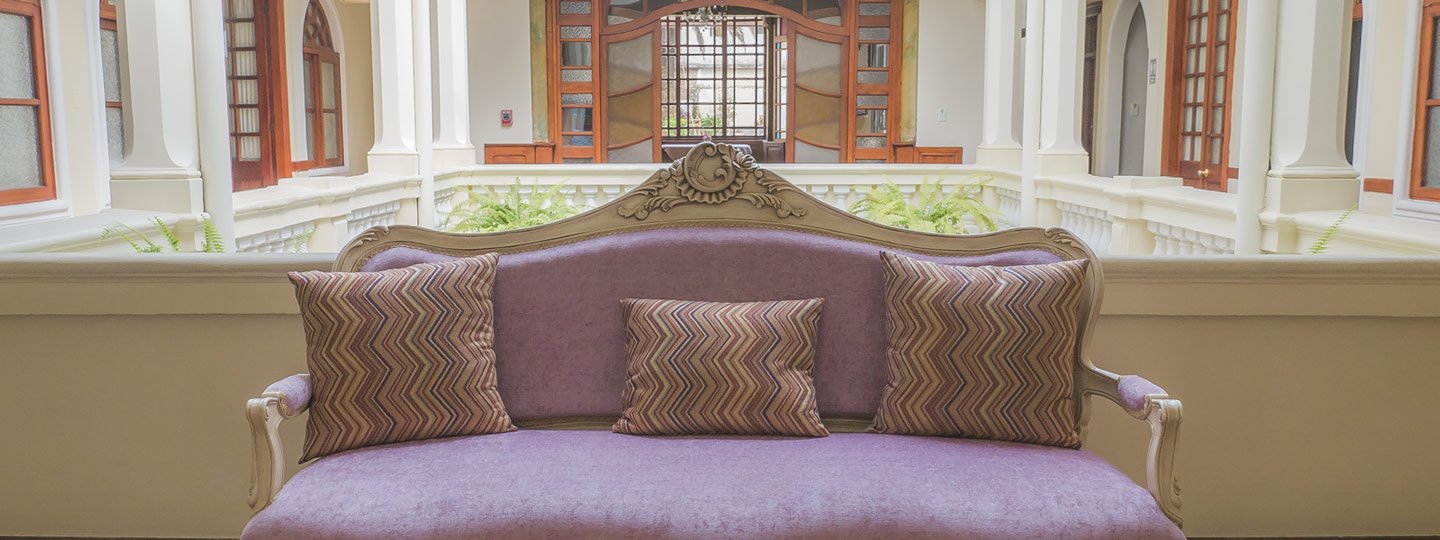
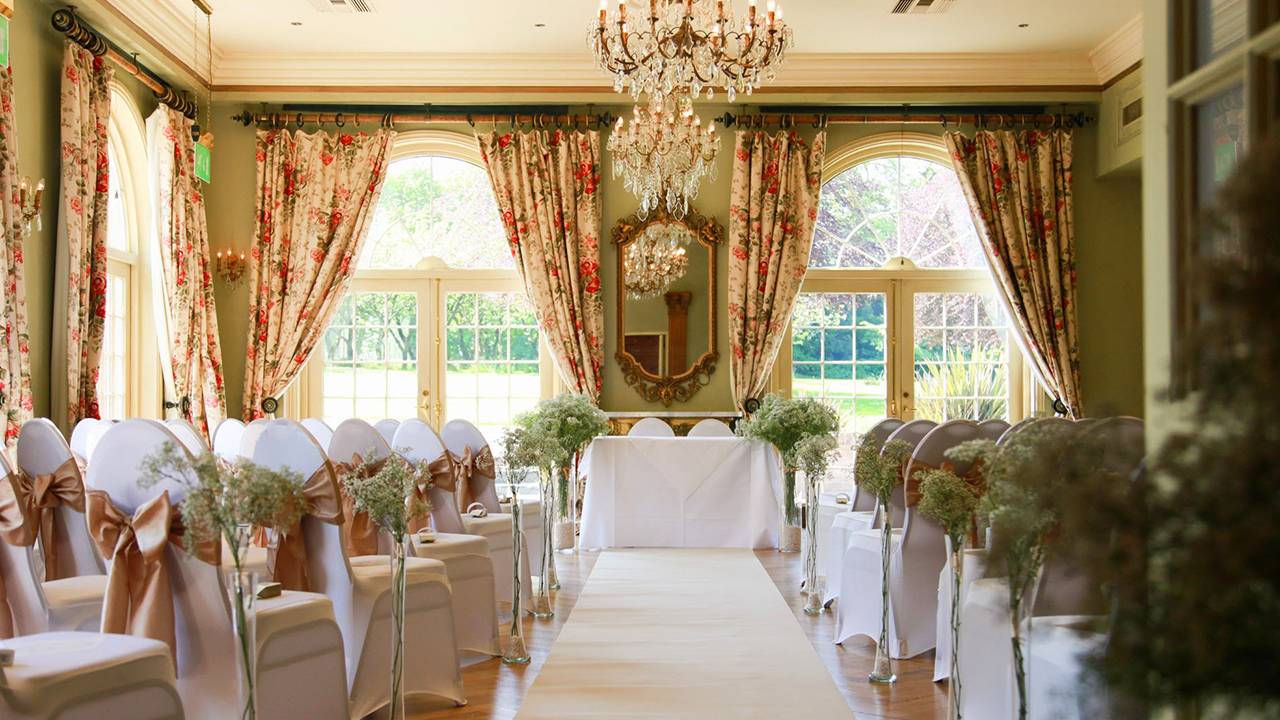
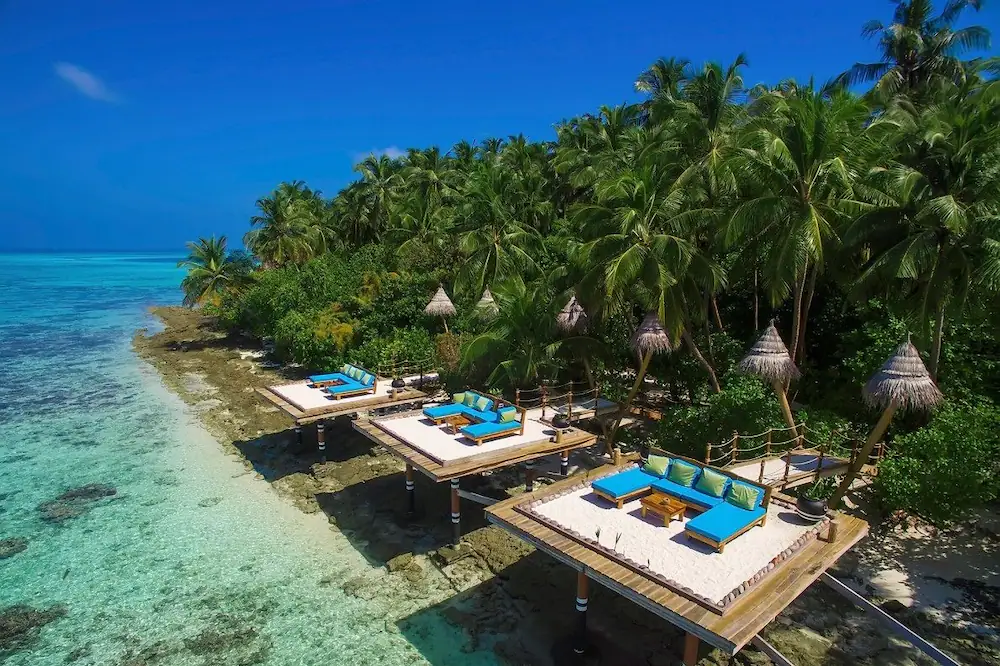
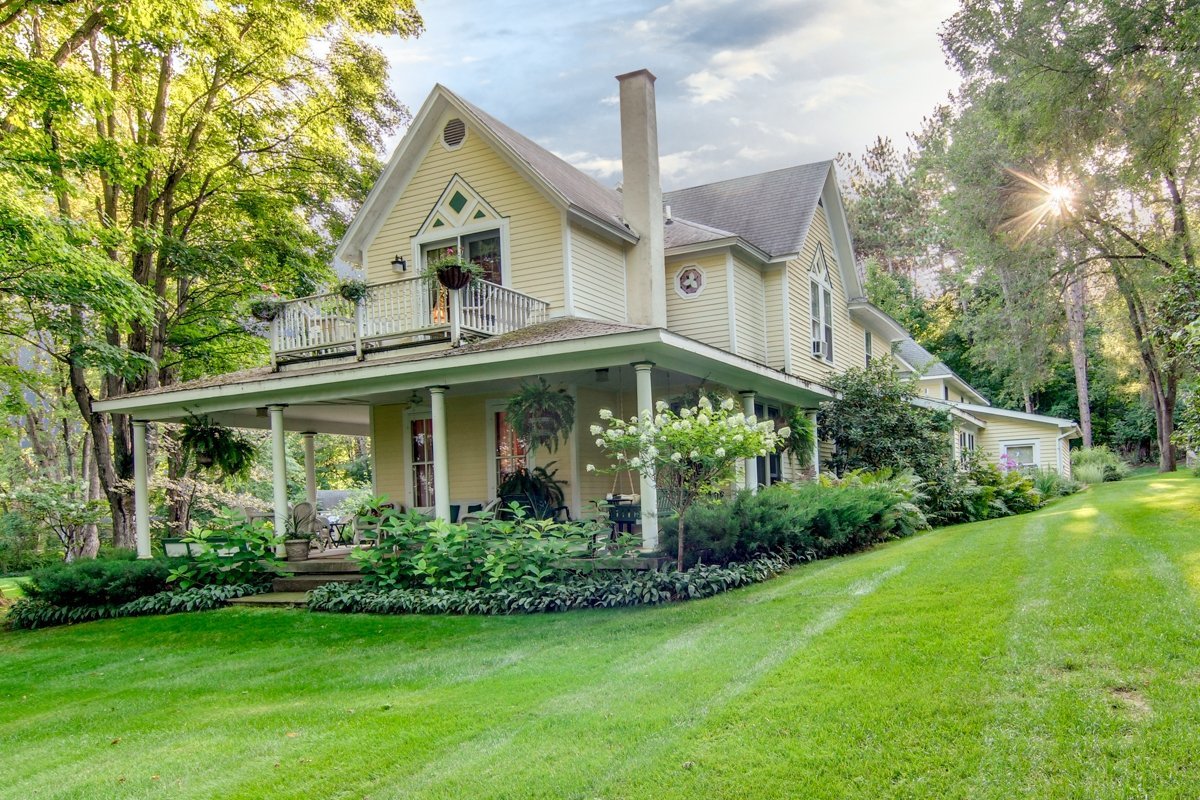
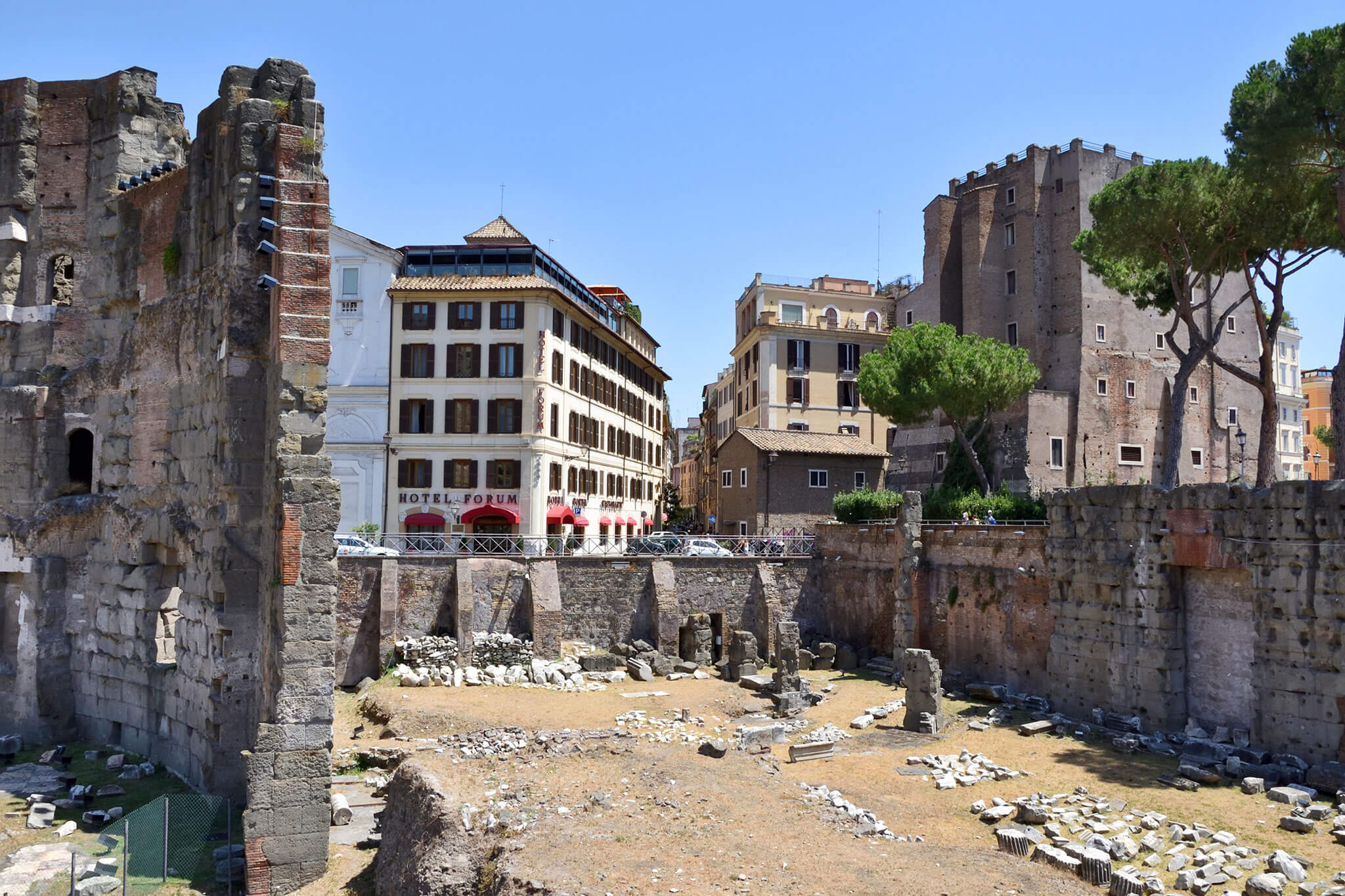
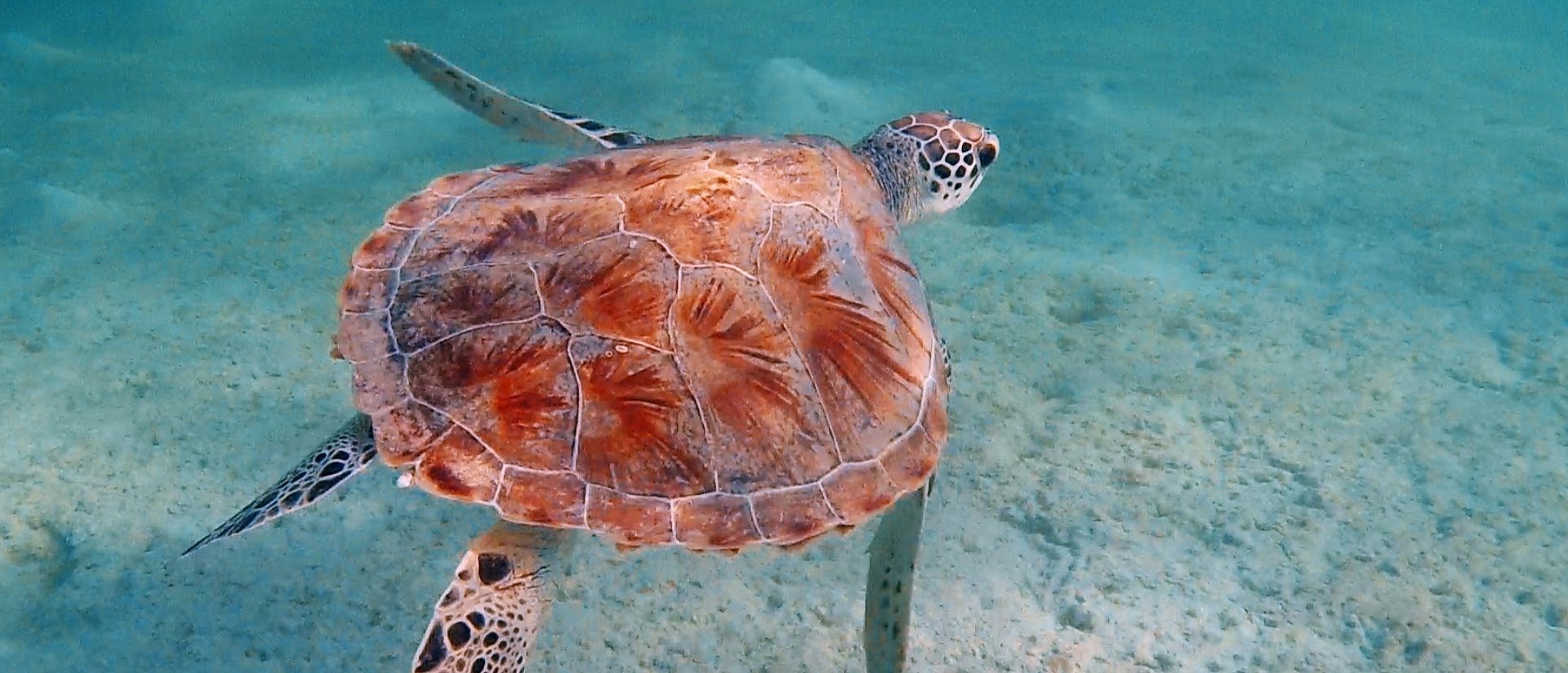
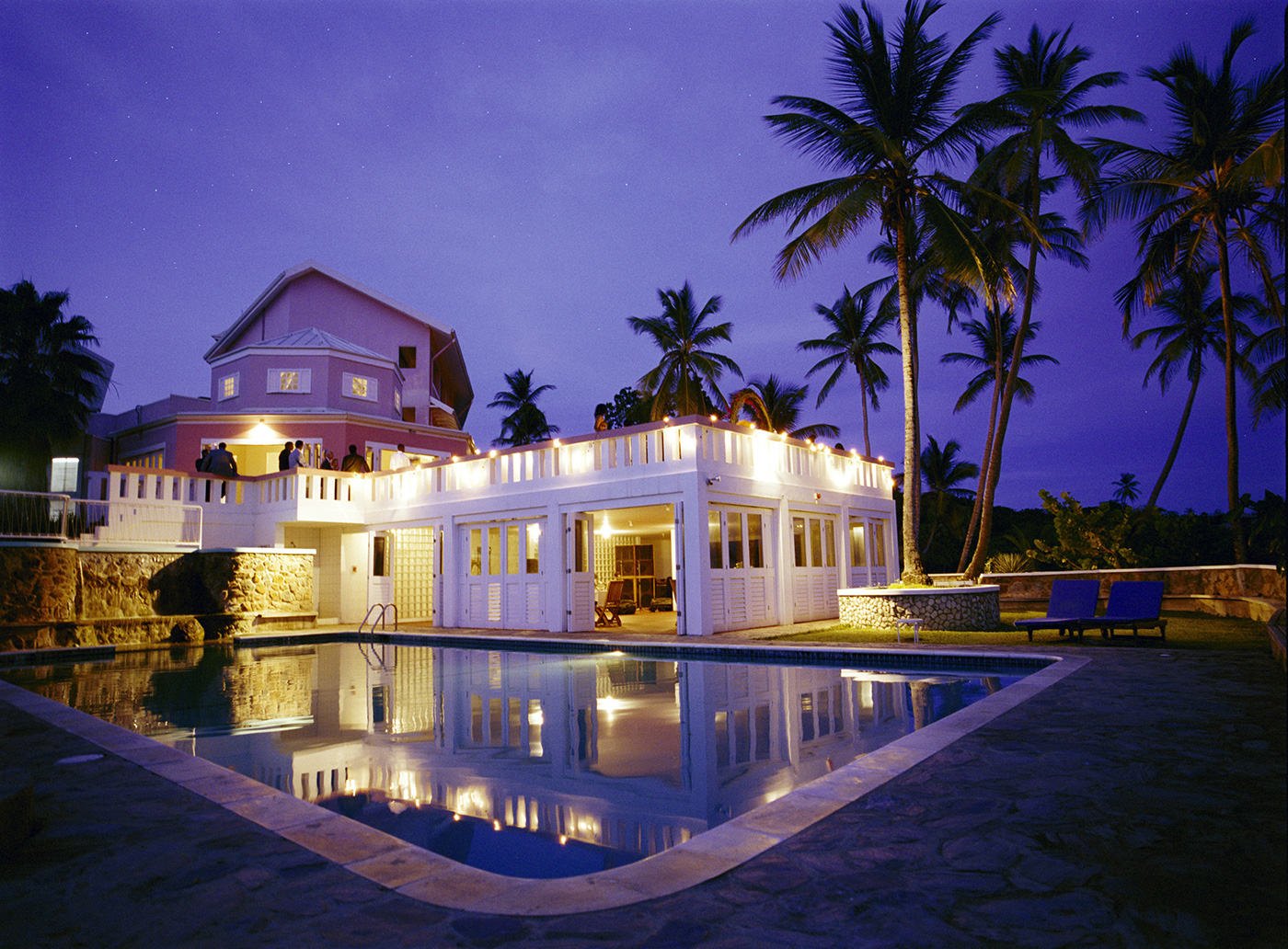
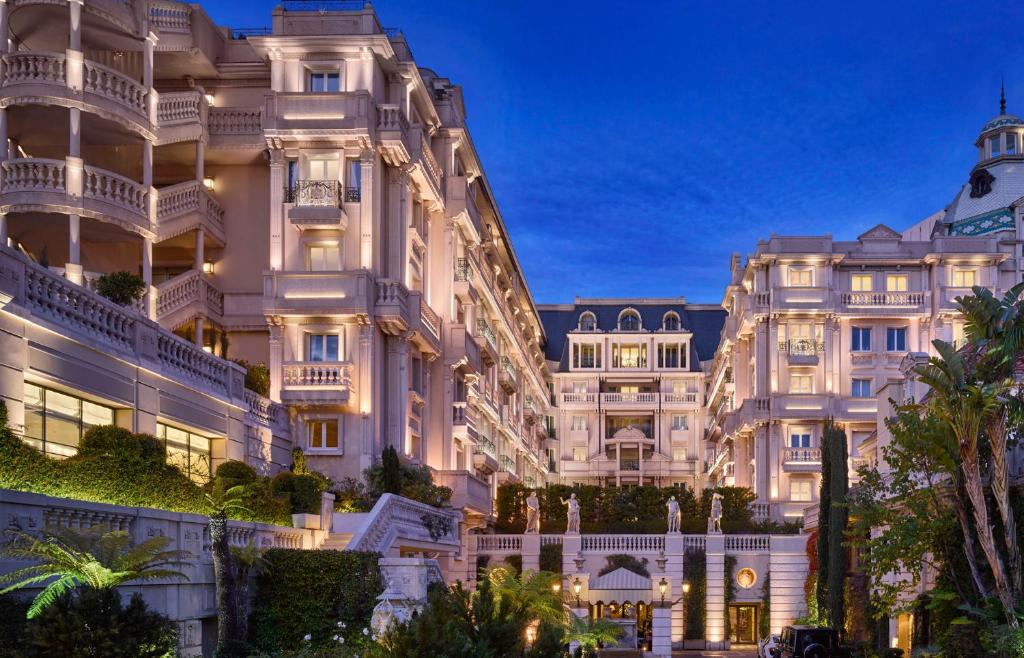
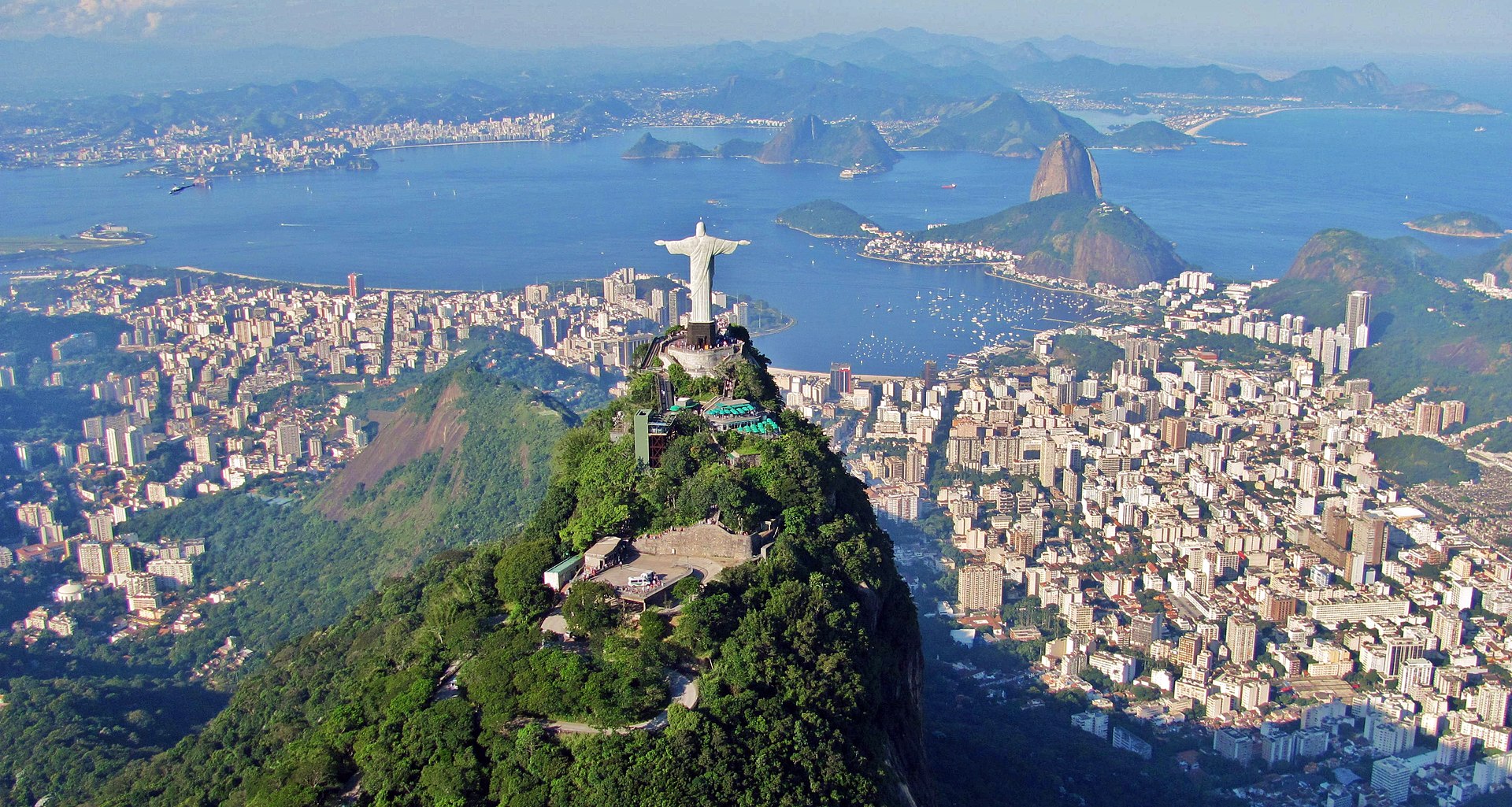
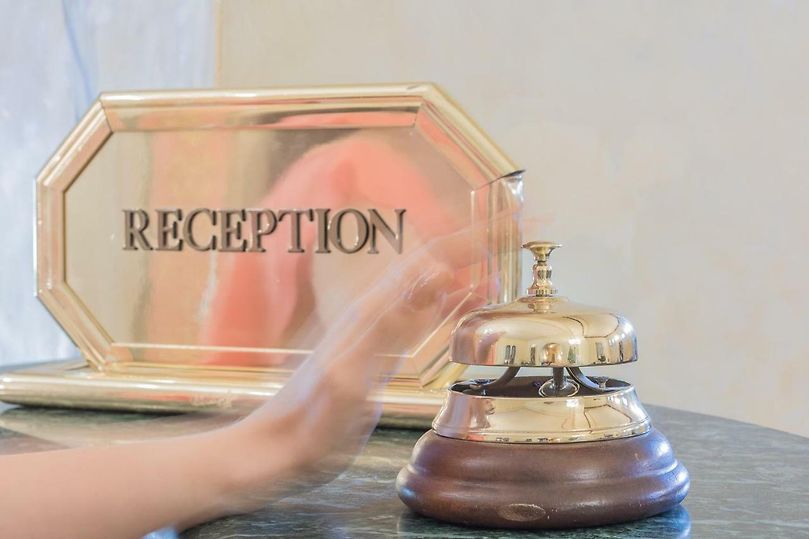
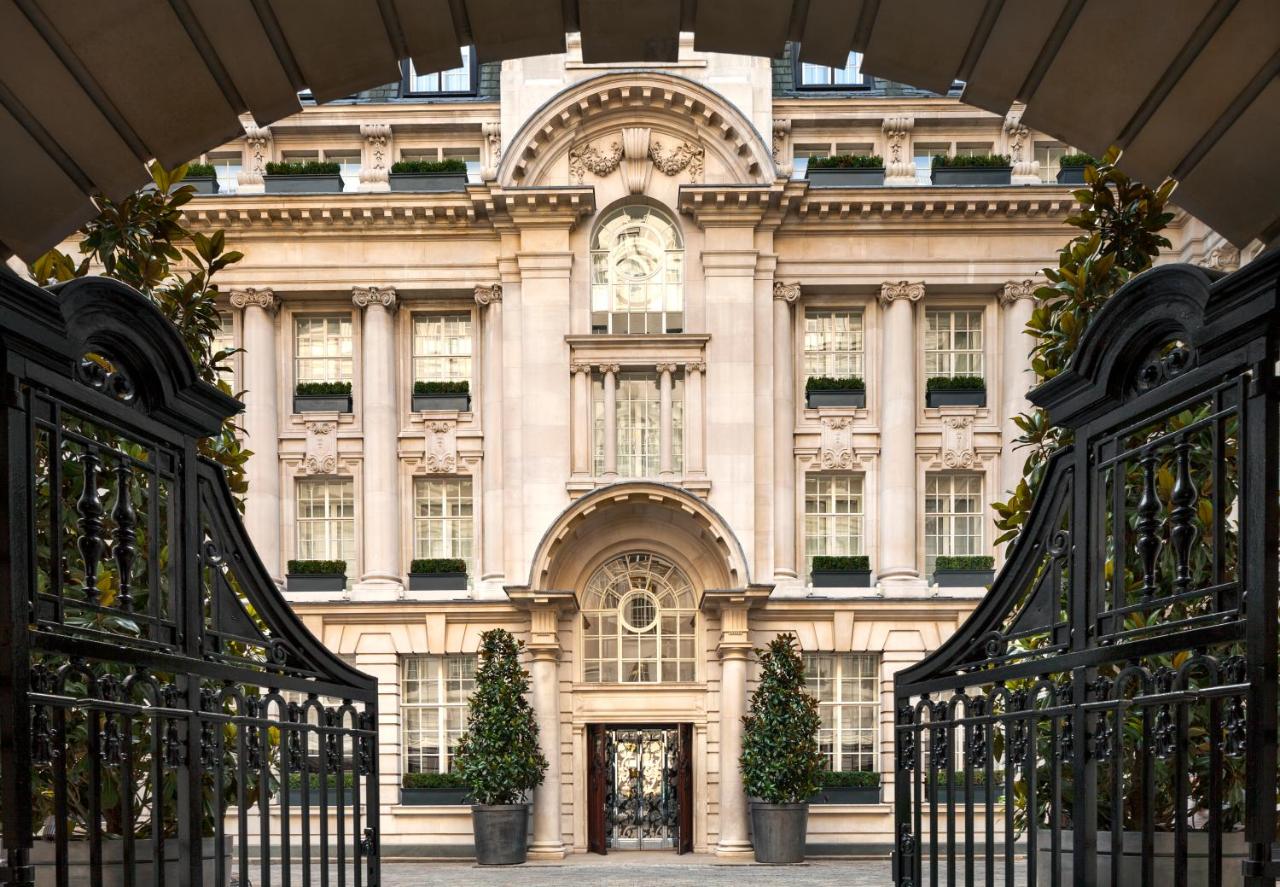
Villefranche-sur-Mer, Cap Ferrat, France
Agent: Cliff Jacobs - Managing Principal Estate Agent & CEO (Nat.Dpl.Hotel Man (UJ). M.P.R.E.)
Agent Cellphone: +27 (0) 84 413 1071 / +27 (0) 61 716 6951
Agent Office Number: +27 (0) 84 413 1071
Agent Email Address: cliff@exquisitehotelconsultants.com
Type: Guest House
Bedrooms: 6
Bathrooms: 6
Showers: 6
Parking: 3
Yield: Not Disclosed
Villefranche-sur-Mer
Villefranche-sur-Mer is a commune in the Alpes-Maritimes department in the Provence-Alpes-Côte d'Azur region on the French Riviera and is located southwest of the Principality of Monaco, which is just west of the French-Italian border.
Geography
Villefranche-sur-Mer is immediately to the east of the city of Nice, along Mont Boron, Mont Alban and Mont Vinaigrier, and 6.2 mi (10.0 km) southwest of Monaco. The bay (rade) of Villefranche is one of the deepest natural harbours of any port in the Mediterranean Sea and provides safe anchorage for large ships from easterly winds. Reaching depths of 320 ft (95 m) between the Cape of Nice and Cap Ferrat; it extends to the south to form a 1,700 ft (500 m) abyss known as the undersea Canyon of Villefranche at about one nautical mile off the coastline.
The city limits extend to the hills surrounding the bay climbing from sea level to an altitude of 1,893 ft (577 m), the highest point of Mont-Leuze, reflecting on land the features found offshore. The three "Corniches" or main roads linking Nice to Italy pass through Villefranche.
History
The site of what is now Villefranche and surrounding Beaulieu-sur-Mer and Saint-Jean-Cap-Ferrat has been settled since prehistoric times. Celto-ligurian tribes roamed the area and established farming communities on the surrounding hills. The Greeks and later the Romans used the natural harbour as a stop-over en route to the Greek settlements around the Western Mediterranean. After the conquest of Gaul by Julius Caesar, the Romans built an extension of the Via Aurelia (Aurelian Way), which passed through the settlement of Montolivo.
By the fall of the Carolingian Empire, the area was part of Lotharingia and later part of the County of Provence. In 1295, Charles II, Duke of Anjou, then Count of Provence, enticed the inhabitants of Montolivo and surroundings to settle closer to the coastline in order to secure the area from pirates. By charter, he established Villefranche as a "free port", thus the name, granting tax privileges and port fee rights that lasted well into the 18th century.
By 1388, East Provence became part of the Duchy of Savoy as a result of the disputed succession to the heirless Queen Joan I of Naples. For the next 400 years, the area known as the County of Nice was hotly disputed between the Holy Roman Empire to which Savoy was an ally and the French.
In 1543, the Franco-Turkish armies sacked and occupied the city after the siege of Nice, prompting Duke Emmanuel Philibert to secure the site by building an impressive citadel and a fort on nearby Mont Alban. In the late 17th century, the area fell to the French but was returned to Savoy after the Peace of Utrecht.
During the 18th century, the city lost some of its maritime importance to the new harbour being built in Nice but remained a military and naval base. In 1744, a Franco-Spanish army under the Prince of Conti overran the Piedmontese regiments of Charles Emmanuel III of Sardinia at the Fort of Mont Alban in the heights above the town.
In 1793, the French returned to re-occupy Villefranche and the county of Nice remained part of the Napoleonic Empire until 1814. It was returned to the Kingdom of Sardinia by the Congress of Vienna.
In 1860, as a consequence of the Risorgimento, it was given to France by treaty following a plebiscite.
By the late 19th century, it had become an important Imperial Russian Navy base and the Russians established an oceanographic laboratory in the old lazaret.
The site was also the winter residence for royalty and wealthy visitors.
Villefranche's bay is notable for reaching a significant depth only a short distance from shore. As a result, it has become an important port over the years. Since World War I, the United States Navy has called on a regular basis, making Villefranche the home port of the U.S. 6th Fleet from 1948 to February 1966, when French President Charles de Gaulle withdrew France from NATO and required U.S. forces to leave. Just prior to 1966, the flagship of the Commander Sixth Fleet rotated between USS Springfield and USS Little Rock. Since the 1980s Villefranche has been used by cruise ships. It is the most visited cruise ship port of call in France.
Economy
The main activity remains tourism, with hotels and restaurants employing a sizeable portion of the population. Traditional activities, like fishing, have now given way to sea-related activities, such as sailing and deep-sea diving. Some dockyard activity remains at the harbour of “la Darse” but most of it has now been moved to Antibes. Residential construction and maintenance, which provided a lot of employment in the mid 20th century, has now subsided considerably.
Cap Ferrat
Cap Ferrat is a cape situated in the Alpes-Maritimes department in southeastern France. It is located in the commune of Saint-Jean-Cap-Ferrat.
Hospitius lived there as a recluse during the 6th century. Thus, the cape is sometimes called Cap-Saint-Hospice or Cap-Saint-Sospis. Once the domain of King Leopold II of Belgium, Cap Ferrat is now graced with a number of magnificent villas, most notably the Villa Ephrussi de Rothschild.
Notable properties
Notable properties on Cap Ferrat include the Villa La Mauresque (originally built in 1906 for King Leopold II's father-confessor), bought by the English novelist W. Somerset Maugham in 1928, who lived there before and after World War II and until his death in 1965. The Villa Maryland was owned by the co-founder of Microsoft, Paul Allen.
The Grand-Hôtel du Cap-Ferrat was bought by a subsidiary of Leonard Blavatnik's Access Industries in 2007. Prominent former residents have included Paul Hamlyn and Boris Berezovsky.
Notable residents
The English songwriter and playwright Noël Coward referenced the Cap in his song "I Went to a Marvellous Party" from his 1939 revue Set to Music, with the lyric: "Quite for no reason/I'm here for the season/And high as a kite,/Living in error/With Maud at Cap Ferrat/Which couldn't be right..."
Cap Ferrat was named in 2012 as the second most expensive residential location in the world after Monaco.
The living space is arranged on three levels each with large terraces and the gross commercial area is about 700 metres.
To such surface must be added the Area of Boxes of 45 meters, the Area of the swimming pool (of dimensions 10x4) of 50 meters and the zones of the elevator that reaches all the floors.
The surrounding garden and external staircases are built on multiple levels and the property as a whole occupies an area of 650 meters.
Villa Clarté is reachable via an antique staircase and an elevator at street level that serves each floor of the villa.
The property includes a 2/3 car garage, a panoramic pool built in the rock and a Jacuzzi on the terrace with an outstanding view of the bay of Villefranche-Cap Ferrat.























































Cliff Jacobs (Nat Dpl Hotel Man (UJ). MPRE. GA Level 5 TEFL) Managing Principal / CEO Exquisite Hotel Consultants (Pty) Ltd Mobile: +27 (0) 84 413 1071 / +27 (0) 61 716 6951 Email: cliff@exquisitehotelconsultants.com Web: https://www.exquisitehotelconsultants.com © All rights reserved Terms and Conditions apply Scroll down to view our Hospitality Properties and Businesses for sale or lease or lease-to-buy or partnership arrangement or management agreement arrangement.